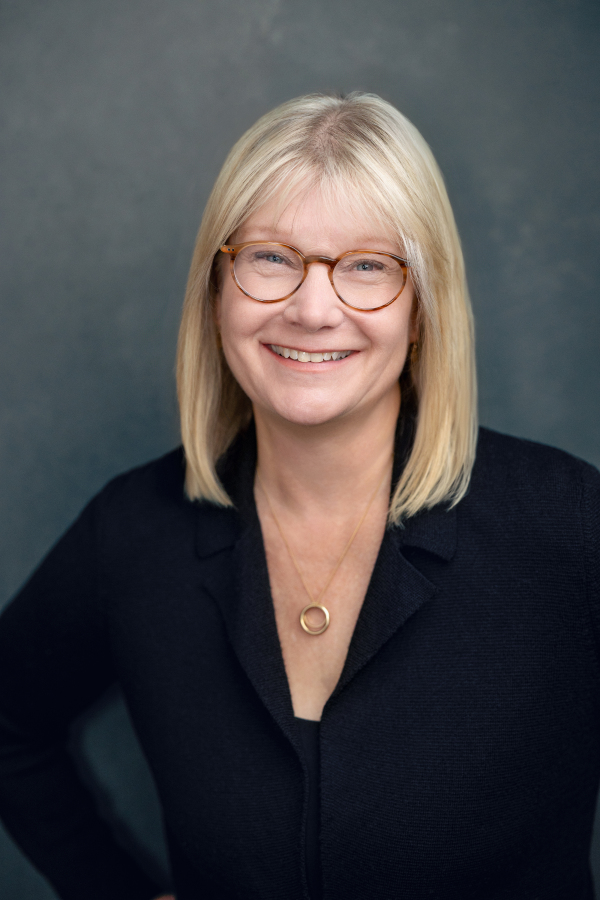ACBS Foundation
ACBS Foundation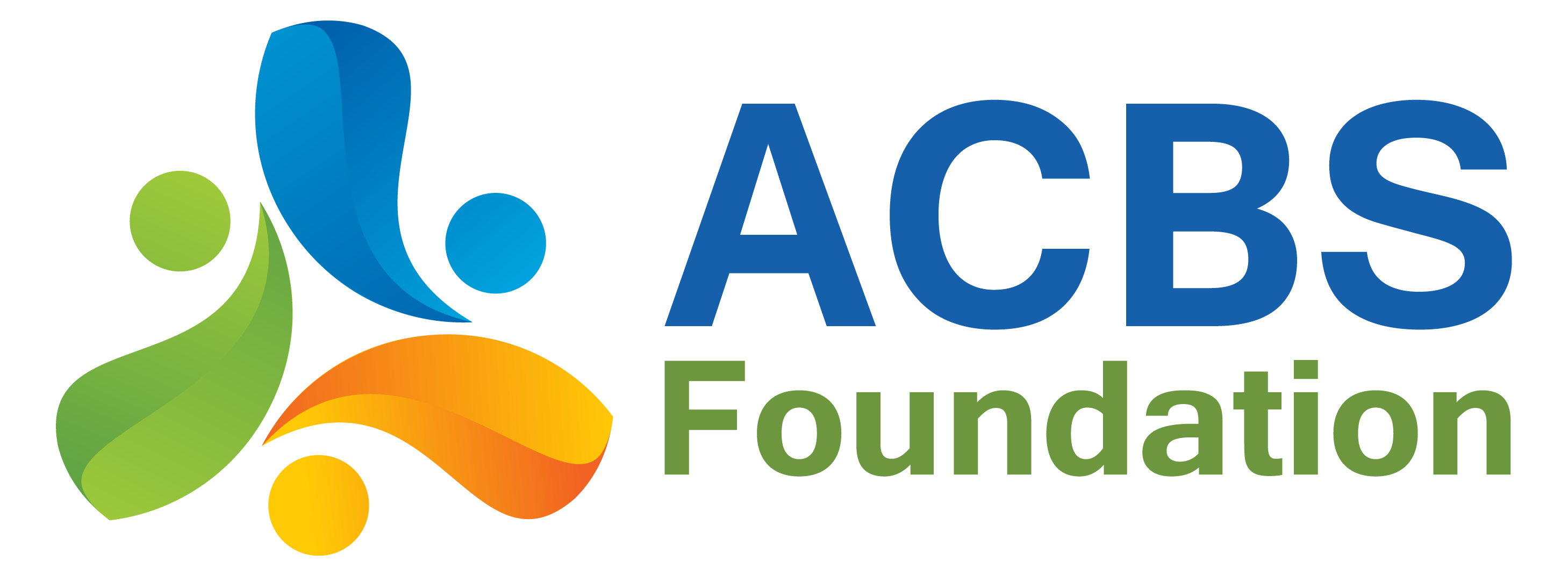
ACBS Foundation is about you. As a non-profit charitable foundation, we provide financial support for activities of training, education, research, dissemination of information, and outreach that minimize human suffering and increase well-being. Join in this effort!
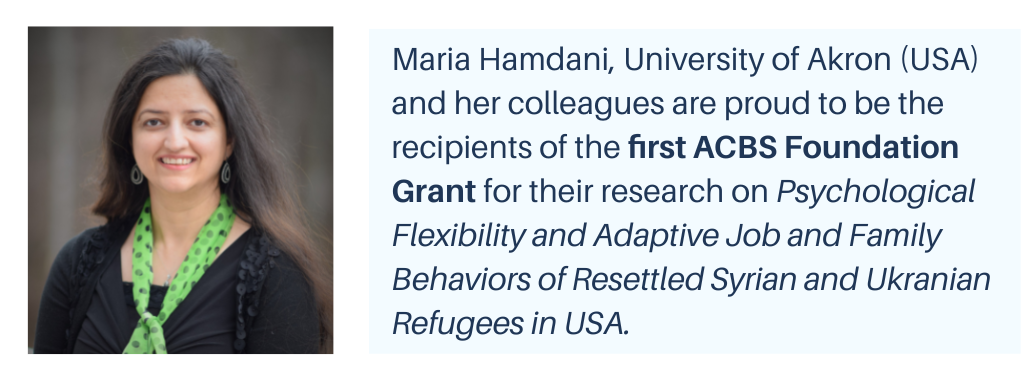
Why You Should Donate
- You care for imminent societal pressures such as environmental disasters, poverty, mental health and social injustices
- You are concerned about people in need
- You trust and support behavioral science in alleviating suffering and distress, worldwide
- See previous scholarship and grant recipients here
How You Can Help
We are grateful to our founders, Jason Luoma and Jenna LeJeune, for making the dream of bringing our work to the global community and making it possible for us to change the world. You can be part of this exciting time in growth of the Foundation. You can make a difference in developing nations, a sustainable environment, and a more peaceful society.
The ACBS Foundation is accepting donations. Donations are welcome from all ACBS members and can be made here:
If you are not an ACBS Member and would like to donate, please contact us at [email protected]g for assistance with membership options in joining the association.
Advantage for Donors
Donations to the ACBS Foundation can be tax deductible. Tax receipts available upon request. The ACBS Foundation is a 501(c)3 non-profit corporation. Contributions may be tax deductible pursuant to the provisions of section 170(c) of the Internal Revenue Code of 1986, 26 U.S.C. § 170(c).
Contact Us
Our Values and Vision
Our Values and VisionGoals
We started with a vision to make people thrive…. We continue with the vision to inspire the society about our work…. And help people make the most of their lives.
Where We Started
ACBS is a professional organization whose purpose is to meet the needs of its professional members. Early on, the association recognized the need to form a Foundation that would enable the broader goals of ACBS, over and above meeting the needs of its members. The ACBS Foundation was established thanks to the generous donation of two longtime members, Jason Luoma and Jenna LeJeune. Thanks to their donation, the ACBS Foundation was made practical and sustainable. The ACBS Foundation serves the needs of the worldwide community through the programs listed below.
Where We Contribute
Funding students to attend and learn cutting-edge information about contextual science at the ACBS World Conference. Student scholarships set the premises for the future scientists to work to expand CBS and apply it to emerging societal challenges.
Funding for CBS projects related to the environment, social justice, and behavior in real life contexts.
Our Activities
Our ActivitiesACBS Foundation Grant
The ACBS Foundation is proud to announce a new funding mechanism for CBS projects related to the environment, social justice, and behavior in real life contexts.
In particular, we are looking to support and fund projects that break new ground. These could include - but are not limited to - projects focusing on:
• global warming
• interventions in hitherto untested populations
• novel applications or modalities of interventions
• projects focused on dissemination
• projects that address public policy
• projects that measure outcomes of training
• projects that examine interventions in naturally occurring groups (prosocial)
• projects that have the potential to improve diversity, equity, and inclusion and/or address institutional racism
• projects involving developing nations, refugees or other disenfranchised or marginalized people
• projects that address biological correlates of CBS-relevant targets (multi-level approaches)
• interventions using technology that would have a wide reach to help people in their natural contexts
ACBS Foundation Student Scholarship
The Foundation coordinates the awarding of student scholarships to attend and learn cutting-edge information about contextual science at the ACBS World Conference.
Read more about our previous Grant & Scholarship Recipients here
ACBS Foundation Student Scholarship
ACBS Foundation Student ScholarshipA goal of the ACBS Foundation is to support existing activities within ACBS. The ACBS Foundation Student Scholarship will enable students to attend the annual ACBS World Conference. The scholarship will cover the full student conference registration fee. To read more about the ACBS Foundation or donate to the Foundation click here.
Award Recipients:
ACBS World Conference 2025 - New Orleans, USA
• Andrés Beltrán, Western Michigan University
• Amanda McGovern, Rivier University
ACBS World Conference 2024 - Buenos Aires, Argentina
• Paula Rodríguez, Fundación Universitaria Konrad Lorenz
• Ezaeza Gaby Sanz Galvan, Edge Hill University
ACBS World Conference 2023 - Nicosia, Cypress
• Yass Radd, City University of London
• Xu Wang, Chinese University of Hong Kong
ACBS World Conference 2022 - San Francisco, USA
• Zacharias Christensen, University of Copenhagen, Denmark
• Jiayin Ruan, The Hong Kong Polytechnic University, China
ACBS Virtual World Conference 2021
• Jin Xiaohuan, The Chinese University of Hong Kong, China
• Pinelopi Konstantinou, University of Cyprus, Cyprus
ACBS World Conference 2020
• Nadina Pantea, Babeș-Bolyai University, Romania
• Alison Stapleton, University College Dublin, Ireland
Requirements:
Nominees must be:
- Student members of ACBS in good standing (i.e., membership dues are up to date);
- Currently enrolled as a student in an undergraduate or graduate program;
- Presenting a poster, a paper as part of a symposium, or IGNITE presentation. Please note that these submissions MUST be submitted by February 15, even though the general poster submission deadline is later for the conference. (In the event that your oral/symposium presentation is not accepted, scholarship recipients will be guaranteed a poster acceptance on the same topic/research.)
- Willing to write a brief report highlighting the benefits to my work/study that I received from attending the ACBS World Conference. This write up may be used by the ACBS Foundation for promotional purposes.
We encourage applications from first time ACBS conference attendees, students from under-represented groups in ACBS (e.g. developing nations), and students who demonstrate financial need. We define “financial need” as including one or more of the following, but understand that there might be other examples:
- Your school will not provide any reimbursement or funding for this trip. You are funding this trip 100% by yourself.
- You have recently gone through personal situations that have put a strain on you financially.
- You do not have student assistantships (i.e., paid Teaching Assistant or Research Assistant appointments). You are funding all of your studies with student loans and/or working other jobs outside of school.
- You live in a developing nation where financial resources are scarce.
This scholarship must be used in in the year awarded and can not be delayed to future years. This scholarship may only be used to offset the main conference registration fees (the scholarship may not be applied to any other expense). If an individual is awarded more than one scholarship in the same conference year, the total value of all scholarships may not exceed the total cost of the ACBS World Conference registration fee.
Previous Grant & Scholarship Recipients
Previous Grant & Scholarship RecipientsACBS Foundation Student Scholarship
Click here for more information and to apply.
The goal of the ACBS Foundation is to support existing activities within ACBS and explore areas for future development. One step in moving towards this goal has been to create the ACBS Foundation Student Scholarship, which provides 2 outstanding students complimentary registration to attend the ACBS World Conference.
The Application opens on November 1 and the deadline to apply is February 15.
Previous Award Recipients can be found below.
ACBS Foundation Grant
Click here for more information and to apply

The ACBS Foundation aims to promote CBS projects around the world. With the goal of facilitating interventions that promote well-being, we are proud to announce a new funding mechanism for ground-breaking projects that share this aim in the realms of interventions, training, and research.
The aim of the ACBS Foundation grant is to finance projects and/or research that advances the understanding of how CBS principles can be used to impact social or environmental issues.
Grant Application Schedule
The annual grant call is open from January 15 – March 1.
Grant Award Announcements by June 1.
Grant Start Dates, by September 1.
Previous Grant Recipients can be found below.
2020 ACBS Foundation Student Scholar
2020 ACBS Foundation Student ScholarACBS World Conference 2020 - Alison Stapleton, University College Dublin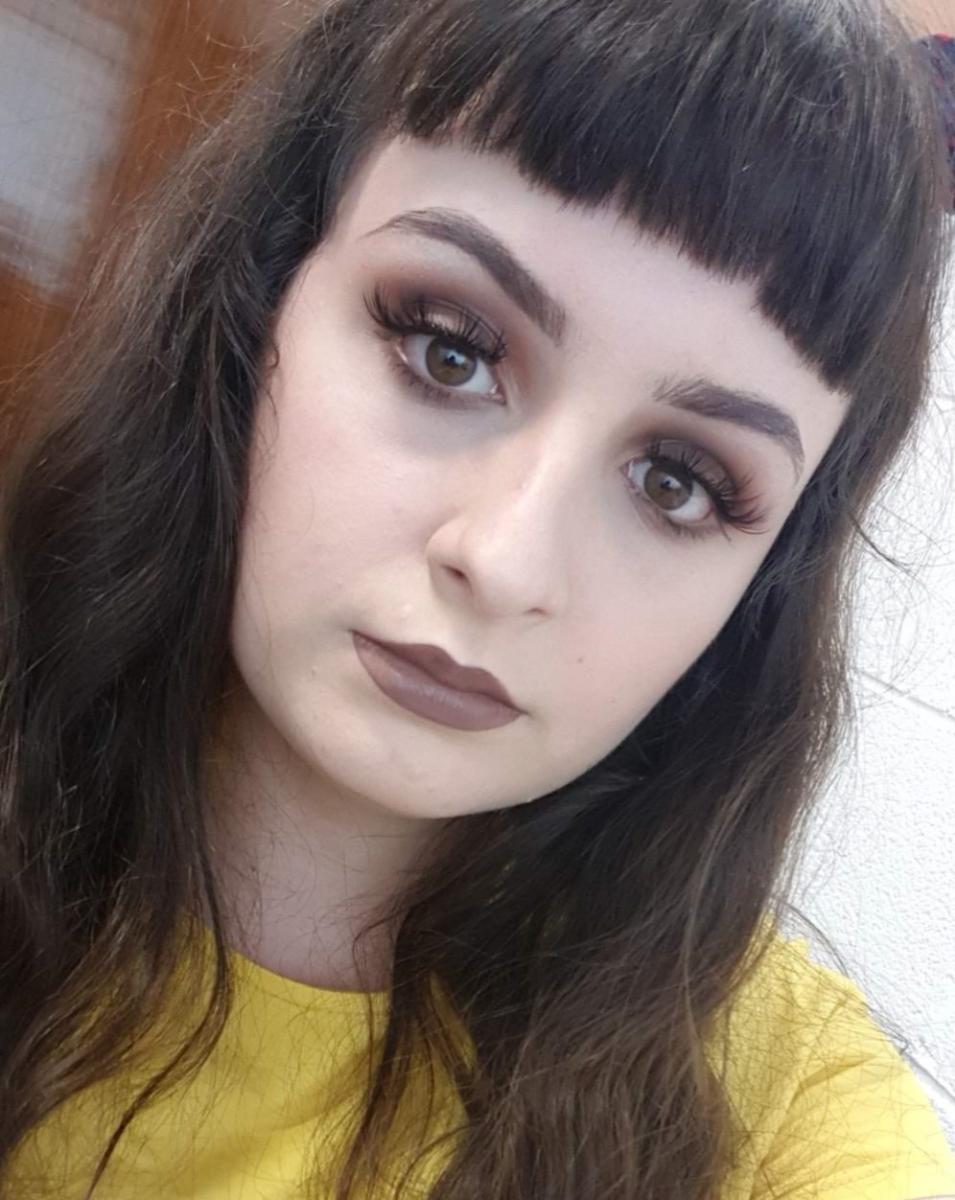
"As a self-funded PhD student with a passion for knowledge transfer and exchange, receiving the ACBS Foundation Student Scholarship gave me space to fully engage in the ACBS World Conference. Rather than having to divide my time between conference participation and my fulltime job, the ACBS Foundation Student Scholarship allowed me to focus fully and connect with the values underlying my participation in ACBSWC18, namely dissemination, collaboration, and fun. Thanks to the ACBS Foundation Student Scholarship I was able to present two posters, an IGNITE, an oral presentation, AND my first ever Folly! I have benefitted immensely from the ACBS Foundation Student Scholarship both personally and professionally, having formed new connections with labs around the world and also received insightful feedback on my current research. The ACBS Foundation Student Scholarship took my ACBSWC18 experience to the next level, allowing me to immerse myself fully without needing to worry financially.
ACBS is dedicated to supporting all its members and I can honestly say that the ACBS Foundation Student Scholarship gave me the springboard I needed as an early career self-funded researcher."
2021 ACBS Foundation Grant
2021 ACBS Foundation Grant2021 Grant Recipient:
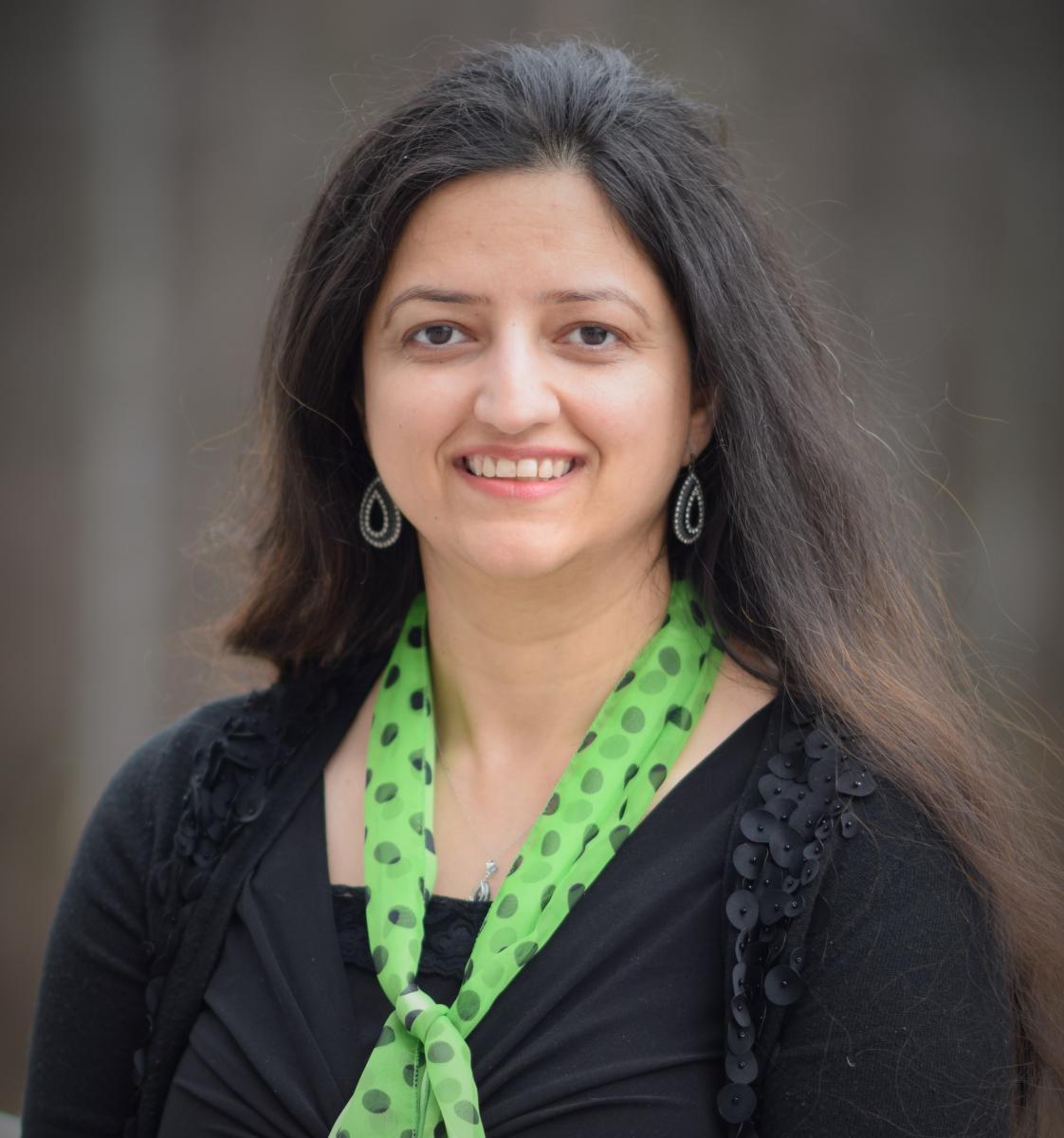
Maria Hamdani, University of Akron (USA) and her colleagues (Dr. Vickie Coleman Gallagher, Dr. Grace H. C. Huang and Dr. Kelly Yu-Hsin Liao) are proud to be the recipients of the first ACBS Foundation Grant for their research on Psychological Flexibility and Adaptive Job and Family Behaviors of Resettled Syrian and Ukranian Refugees in USA.
"Unlike past studies of refugee experiences, our study examines the role of psychological flexibility in transition issues at the advanced stages of refugee work and family life in their new country. This grant will extend our ongoing research to support refugee wellness, self-determination, employment success, and their family's overall health and wellbeing. As researchers across the College of Business Administration, College of Education, and Department of Psychology, the Foundation Grant will strengthen our collaboration between the two universities and the local resettlement agencies, to build a holistic view of the refugee crisis, support the community, and attract additional funding resources for future research,"---Dr. Hamdani
2021 ACBS Foundation Student Scholars
2021 ACBS Foundation Student ScholarsAward Recipients for the ACBS Virtual World Conference 2021: Jin Xiaohuan, The Chinese University of Hong Kong, China and Pinelopi Konstantinou, University of Cyprus, Cyprus
The goal of the ACBS Foundation is to support existing activities within ACBS and explore areas for future development. One step in moving towards this goal has been to create the ACBS Foundation Student Scholarship, which provides two outstanding students complimentary registration to attend the ACBS World Conference.
Jin Xiaohuan, The Chinese University of Hong Kong, China 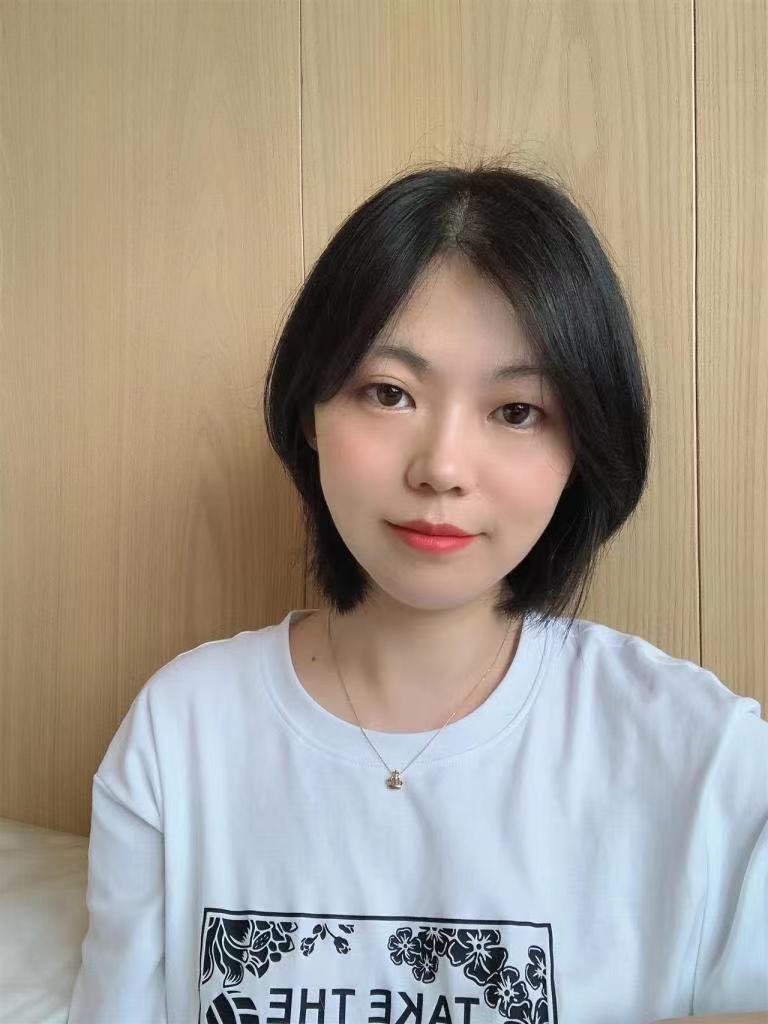
"As a PhD student from China which is classified as upper-middle-income economies, I am very grateful to receive ACBS Foundation Student Scholarship. The scholarship is not only as financial support to fund my registration fee to fully engage in the ACBS World Conference, but also as spiritual support to encourage me to keep my passion in CBS research and clinical practice.
The ACBS Foundation Student Scholarship gave me an opportunity to fully focus on ACBS Virtual conference 2021, in which I have learned a lot regarding the theories, techniques, delivery methods and effective tools of ACT in a series of settings for a series of different populations. I have met so many excellent experts in ACT, RFT and CBS. With this opportunity, I was able to present an oral presentation related to ACT with parents of children with health conditions and communicate with other scholars in this field.
The ACBS Virtual conference 2021 funded by the ACBS Foundation Student Scholarship benefitted me a lot, taking my knowledge, skills, and insight of ACT to a new level, which will continue to help my research program. It also provided a platform to meet so many expert scholars from all over the world."
Pinelopi Konstantinou, University of Cyprus, Cyprus
It was my honour to be awarded for the ACBS Foundation Student Scholarship to attend the ACBS World Conference 2021. The ACBS Foundation Student Scholarship helped me to fully engage in the ACBS conference and thus expand my knowledge on ACT and improve both as a clinical psychologist and a researcher. I have benefitted immensely from the ACBS Foundation Scholarship as I was able to present a poster on providing recommendations to other professionals who are interested in conducting digital-based research. I received useful feedback and insight on my research, and I had the opportunity to build my professional network by connecting with experienced clinicians and researchers in ACT.
Thanks to the ACBS Foundation Student Scholarship I was able to attend to a wide variety of symposiums, workshops and panels, and I left fully inspired with many new ideas for future studies in health and clinical psychology. As an early-career and self-funded researcher, the ACBS Foundation Scholarship helped me to expand my knowledge and improve my clinical and research skills, and I am confident that the ACBS community can keep me motivated throughout my career.
2022 ACBS Foundation Grant
2022 ACBS Foundation Grant2022 Grant Recipient: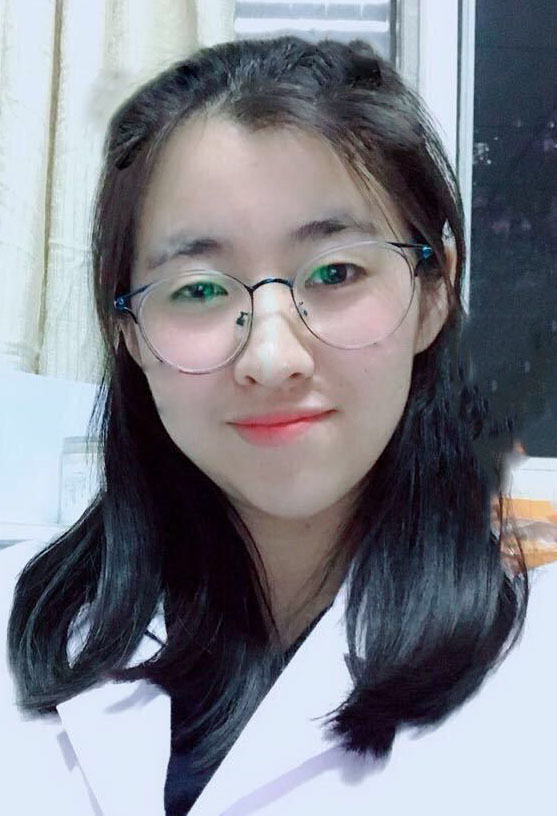
Wenqian ZHAO, PhD Candidate of The Chinese University of Hong Kong (Hong Kong SAR, China) and her supervisors (Prof. Wai Tong CHIEN and Prof. Yuen Yu CHONG) are proud to be the recipients of the 2022 ACBS Foundation Grant for Miss ZHAO’s PhD research on Effectiveness of online ACT-based program for breast cancer survivors on improving body image disturbance.
"We combined the nursing techniques (i.e., health education) with ACT techniques in our intervention to examine the effectiveness of ACT-based intervention on improving body image disturbance of breast cancer survivors. This grant will support our ongoing research to help breast cancer survivors on improving their perceived body image, emotional problems and dysfunctions during the treatment and/or rehabilitation. As a video-conferencing program, the Foundation Grant will strengthen feasibility and acceptability of the intervention (especially the internet utilization) during the whole research, to establish an accessible, sustainable online platform for telemedicine nursing service; promote the physical, psychological and social rehabilitation of breast cancer survivors; and attract more attention and funding resources for future research on those patients and also other populations with the similar body image concerns."
Grant Report - October 2023
Objectives:
This study aimed to assess the immediate (T1) and three-month (T2) post-intervention effectiveness of a video-conferencing Acceptance and Commitment Therapy (ACT)-based group intervention program, conducted in real-time, on improving body image disturbance among breast cancer survivors. The intervention program was compared to a control group receiving breast cancer education only. The specific objectives of the study were to evaluate the effectiveness of the video-conferencing ACT-based group intervention program on the following outcomes at T1 and T2:
- Perceived body image, including measures of body dissatisfaction and body appreciation.
- Psychological flexibility, which refers to the ability to adaptively respond to internal experiences and engage in values-based actions.
- Body image-related emotions, encompassing depressive and anxiety symptoms.
- Body image-related dysfunctions, including sexual function and overall quality of life.
Outputs and Deliverables:
With the support of this grant, Dr. ZHAO completed the main RCT in her Ph.D. programme in Feb 2023. A PhD thesis containing the findings in this RCT was completed and submitted to the Chinese University of Hong Kong in July 2023.
The results showed no significant interaction effects in overall and all dimensions of body dissatisfaction, body appreciation, depressive and anxiety symptoms, and psychological flexibility in both the ITT and PP analyses. Only a significant interaction effect was found in the orgasm dimension of sexual function in PP analysis at three-month post-intervention and the general social well-being dimension of quality of life in ITT analysis at immediate post-intervention when compared with the control group. These non-significant results were likely to be explained by 1) the lack of involvement of their significant person (e.g., partner) that had impacts on the participants' body image, 2) the additional psychological burdens caused by the COVID-19 pandemic, 3) stigma and avoiding attitudes to mental problems in Chinese culture; and 4). weakness in group counselling skills of the interventionist.
We are preparing a manuscript of this RCT for publication to an international peer-reviewed journal. The abstract of this manuscript is going to be submitted to the coming 2024 ACBS world conference.
Impact and benefits to the researchers, CBS, and society at large?
This project demonstrates the advantages of multidisciplinary cooperation. The experts engaged in the intervention development of this project include psychotherapists, oncologists, and nurses. Their valuable advice and participation provided different angles to observe the same question, increasing the feasibility and acceptability of our intervention protocol.
In this project, students participated and were encouraged to apply CBS to more fields. For example, two research assistants (undergraduate students) expressed great interest in CBS and would like to design a CBS-based programme as their master's projects in hypertension and diabetes patients: "Psychological flexibility may help patients maintain health-promoting behaviours with less stress and worries. "
Clinical nurses who participated in our program were also encouraged to receive related CBS training, for example, mindfulness therapy and use these strategies in their daily work: "I have been trying to help patients ease their pre-surgery anxiety through conversations, but it doesn't seem to work. Maybe I can try taking them with me to do mindful breathing and meditation exercises in the future. "
In addition to patients, their families also received help from our health booklets and expressed willingness to do CBS exercises together: "I read the booklets you gave my mother and I feel like some of the exercises are perfect for us to do together. This can help me understand more about her inner thoughts and feelings. I thought I could do something for her too. "
For the development and extension of CBS, this project provides evidence and support for nurses on the feasibility of applying CBS-based approaches in their areas, such as oncology nursing care. Supervised by the supervisors and ACT trainer, the self-rating ACT Core Competency score of Dr. ZHAO (i.e., registered nurse) ranged from 4.0 (i.e., Distinguishing the Conceptualized Self from Self-as-context) to 6.5 (i.e., Defining Valued Directions). This demonstrated a medium level of intervention competency of a nurse in implementing a group ACT-based intervention, which was feasible to reach significant intervention results but needed further improvement in more practices. We also recommended involving psychotherapy and psychoeducation in the oncology nursing speciality training to provide mental health care and support.
For society at large, this project attracted more attention from not only the patients themselves, but also the medical workers, families, and even society such as workplaces to breast cancer patients' body image problems. On the one hand, breast cancer patients pay more active attention to and improve their mental health and can achieve comprehensive physical and psychological recovery better and faster. On the other hand, this can help promote related research and policies, such as how to solve the re-employment difficulties and social discrimination faced by breast cancer patients due to physical disabilities after treatment. If these issues receive more attention and are well addressed, it will help reduce the burden of breast cancer faced by society as a whole.
2022 ACBS Foundation Student Scholars
2022 ACBS Foundation Student ScholarsAward Recipients for the ACBS World Conference 2022: Zacharias Christensen, University of Copenhagen, Denmark and Jiayin Ruan, The Hong Kong Polytechnic University, China
The goal of the ACBS Foundation is to support existing activities within ACBS and explore areas for future development. One step in moving towards this goal has been to create the ACBS Foundation Student Scholarship, which provides two outstanding students complimentary registration to attend the ACBS World Conference.
Jiayin Ruan, The Hong Kong Polytechnic University, China
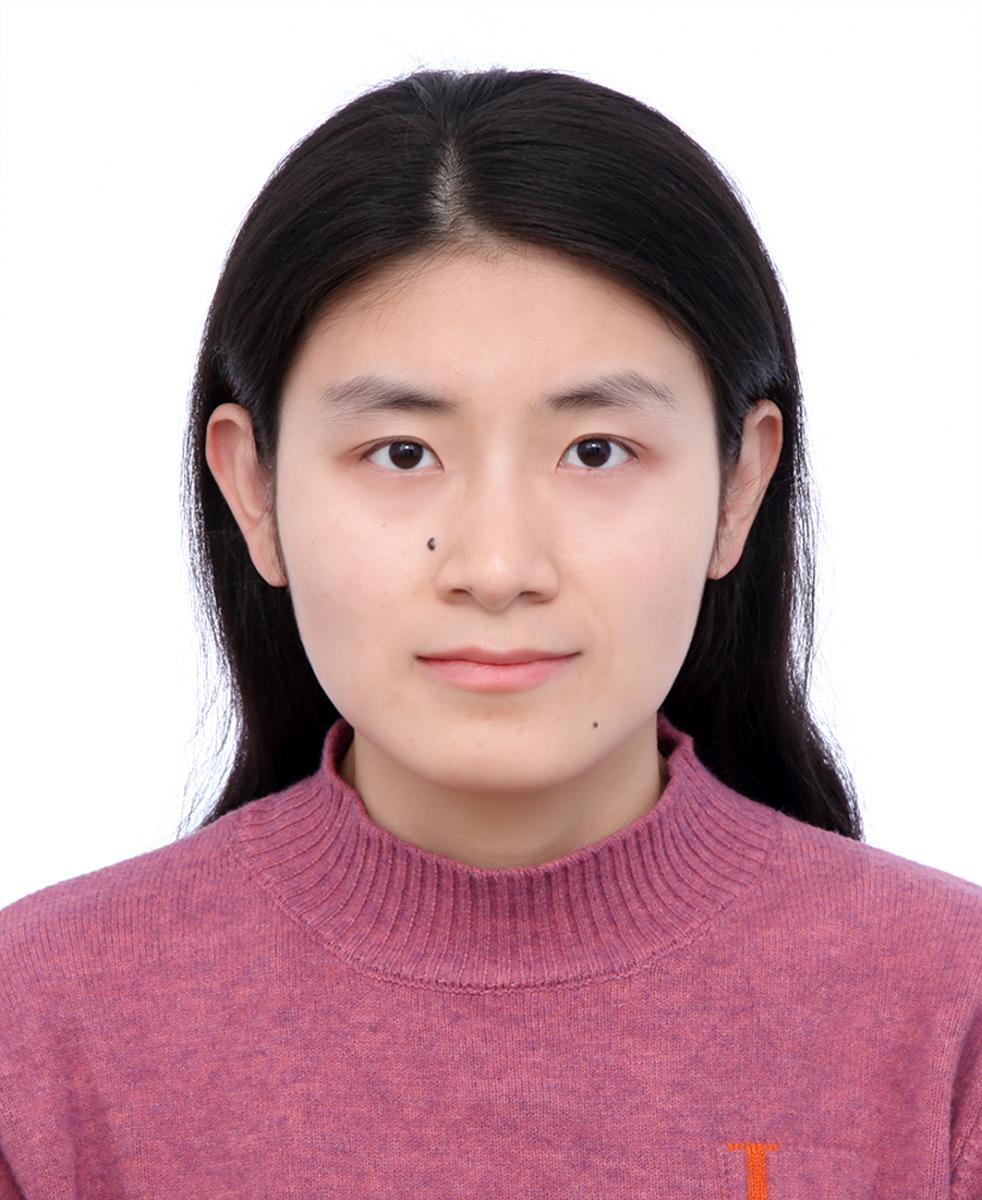
It was my great honor to be awarded for the ACBS Foundation Student Scholarship. As a PhD student who is a novice but quite interested in Acceptance and commitment therapy (ACT), the ACBS Foundation Student Scholarship not only served as a financial support for me to fully engage in the ACBS World Conference 2022, but also as an encouragement and support for me to keep my passion in ACT related studies and clinical practice.
During these unforgettable conference days, I learned a lot related to Contextual Behavioral Science (CBS), ACT, Relational Frame Theory, clinical behavior analytic assessment, bringing compassion to life in the therapy, using ACT and compassion-based skills, fidelity training, empowering the flexibility, using contextual behavioral principles, and so on. The information of various programs and workshops was so impressive, valuable, and useful! I also benefited a lot while discussing with scholars around the world.
The ACBS Foundation Student Scholarship 2022 provided me a valuable opportunity to enter the ACBS research and practice. Meanwhile, this chance deepened my understanding of ACT and other CBS related knowledge and skills. I am confident that this unforgettable experience not only helps my research program, but also keeps me motivated throughout my ACT career.
Zacharias Christensen, University of Copenhagen, Denmark
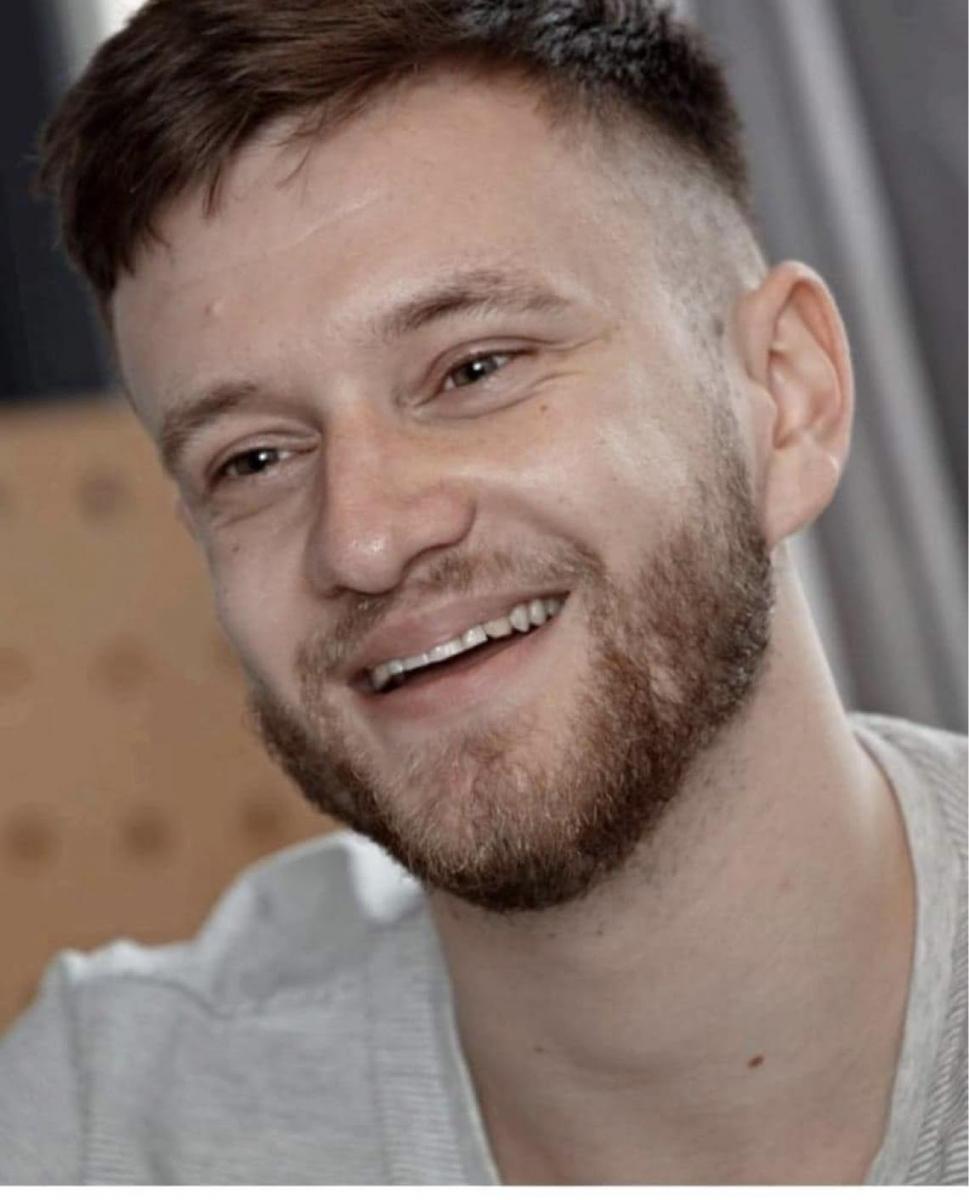
2023 ACBS Foundation Grant
2023 ACBS Foundation Grant2023 Grant Recipient: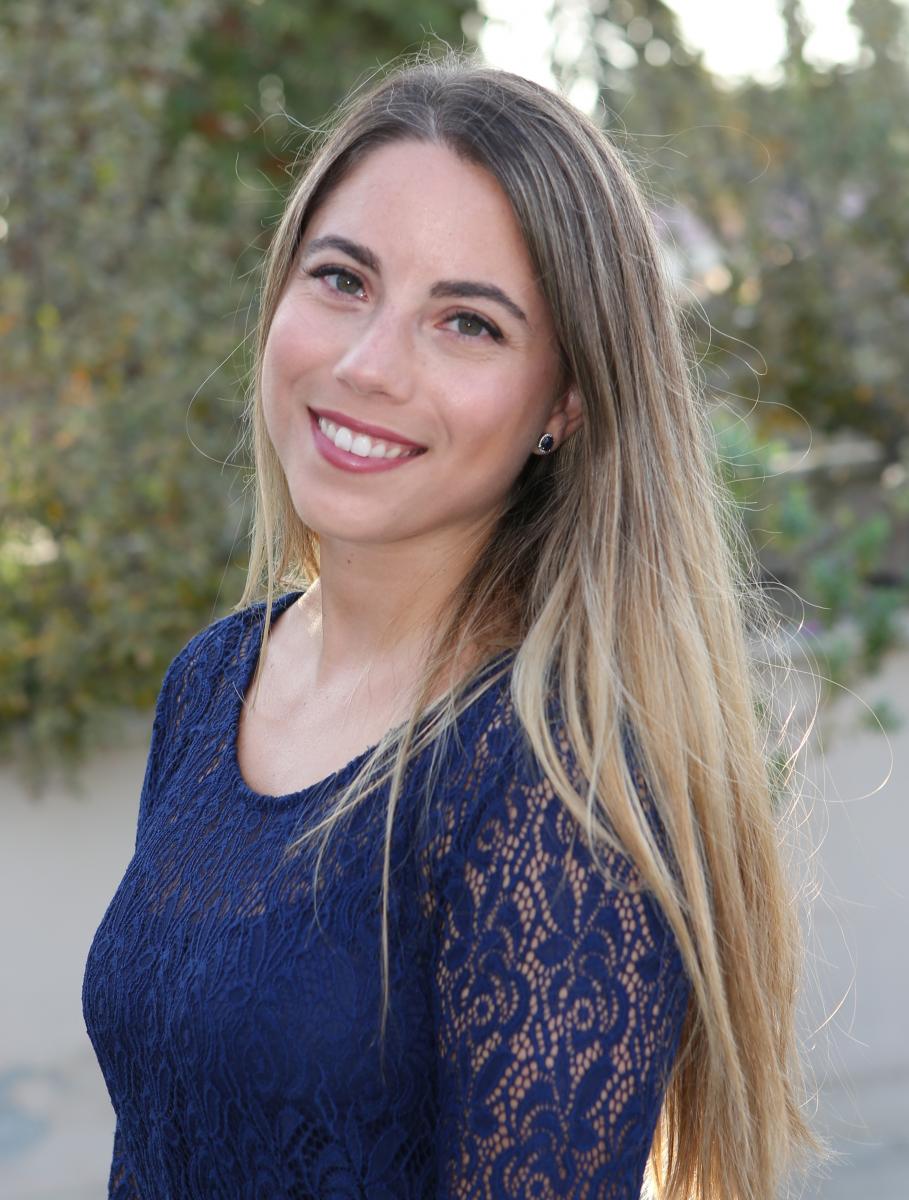
Dafne Morroni, Clinical Psychology PhD Candidate of the University of Cyprus (Nicosia, Cyprus) and her supervisor (Dr. Maria Karekla) are proud to be the recipients of the 2023 ACBS Foundation Grant for Miss Morroni’s PhD research on Acceptance and Commitment Therapy with Unaccompanied Minors.
For this project, the Self-Help Plus (SH+) protocol (World Health Organization, 2021) which has been successfully implemented in adult refugees, was adapted for adolescents from 13- 18 years old. A four-week ACT group intervention is currently being carried out with unaccompanied minors in shelters in major cities across the country. It is anticipated that the ACT group intervention will improve the minors’ psychological wellbeing, augment prosocial behaviour, and enhance quality of life. The Foundation Grant will be funding translation and printing of therapy materials as well as interpreters for the intervention. The Foundation Grant will aid in establishing feasibility and acceptability of ACT in unaccompanied minors. We hope that the support of the Foundation Grant will lead to increased interest and funding resources for future research with this underserved and vulnerable population.
Grant Report - May 2024
Unaccompanied minors (UM) are a highly vulnerable refugee subgroup as they face several challenges at a critical point in their physical and psychosocial development without the support of a parent or caregiver. Acceptance and Commitment Therapy (ACT) is effective for the treatment of trauma survivors and for vulnerable refugee groups. Although ACT is theoretically pertinent to the refugee population, the empirical evidence is still in its infancy.
The present project investigated whether ACT would be beneficial to UM in shelters in Cyprus. Prior to commencing the project, a systematic review and qualitative research synthesis examined the evidence of effectiveness and acceptability of cognitive behavioral therapy (CBT) and third-wave approaches (i.e., ACT) in improving the quality of life and psychological symptoms of UM. Third wave studies showed preliminary evidence for improvements in psychological flexibility and mindfulness in UM, as well as improvements in psychological symptoms. The qualitative synthesis demonstrated that CBT and third wave interventions are acceptable, create safety and cultivate a sense of togetherness in UM.
Based on the findings from the systematic review, a cluster randomized controlled trial was carried out in six shelters across Cyprus. 101 UM participated in the trial (49 males, 52 females), aged between 13 and 18 years old (M age=15.97, SD=1.23). Shelters were randomly assigned to either a four-session ACT-based treatment group or wait-list control group. Participants completed self-report measures at pre-intervention, post-intervention, 1-month, and 3-months follow-up. Self-report measures assessed quality of life, psychological flexibility, psychological symptoms. Statistically significant improvements were observed for psychological flexibility at post-intervention and 1-month follow-up in the treatment group. Statistically significant improvements were also observed for stress, anxiety, and depression in both the treatment and control groups. Gender differences were also observed in this study. Specifically, female UM seemed to drive the changes observed in the treatment group for psychological flexibility, indicating initial evidence of gender differences in this population.
2023 ACBS Foundation Student Scholars
2023 ACBS Foundation Student ScholarsAward Recipients for the ACBS World Conference 2023: Yass Radd, City University of London and Xu Wang, Chinese University of Hong Kong.
The goal of the ACBS Foundation is to support existing activities within ACBS and explore areas for future development. One step in moving towards this goal has been to create the ACBS Foundation Student Scholarship, which provides two outstanding students complimentary registration to attend the ACBS World Conference.
Xu Wang, Chinese University of Hong Kong
 I would like to express my sincere gratitude to ACBS for awarding me the 2023 ACBS World Conference student scholarship. This financial assistance not only enabled me to attend the conference but also exemplified ACBS's commitment to supporting young researchers and students in their pursuit of knowledge and professional development. During the conference, I had the privilege of delivering an oral presentation on a systematic review of compassion-based interventions for parents of children and adolescents with chronic health conditions. This experience allowed me to contribute to the field and share my findings with fellow researchers and practitioners.
I would like to express my sincere gratitude to ACBS for awarding me the 2023 ACBS World Conference student scholarship. This financial assistance not only enabled me to attend the conference but also exemplified ACBS's commitment to supporting young researchers and students in their pursuit of knowledge and professional development. During the conference, I had the privilege of delivering an oral presentation on a systematic review of compassion-based interventions for parents of children and adolescents with chronic health conditions. This experience allowed me to contribute to the field and share my findings with fellow researchers and practitioners.
The 2023 ACBS World Conference encompassed a diverse range of symposiums, workshops, and panels. I had the invaluable opportunity to learn about theories and techniques about compassion from the founders of compassion-focused therapy, as well as gain insights from clinical experts and scholars on the application of compassion-based interventions in various populations. Additionally, I acquired knowledge and skills related to acceptance and commitment therapy, which will undoubtedly enhance my future research and clinical practice. The chance to connect with experts in the field and learn from their experiences was truly transformative.
Participating in the 2023 ACBS World Conference was an enriching experience that expanded my knowledge and deepened my appreciation for contextual behavioral science. The opportunity to present my research, engage in meaningful discussions, and learn from esteemed professionals in the field has been truly invaluable. I look forward to applying the knowledge and skills gained from this conference to further my research and make a positive impact on the lives of parents and children affected by chronic health conditions.
Yass Radd, City University of London
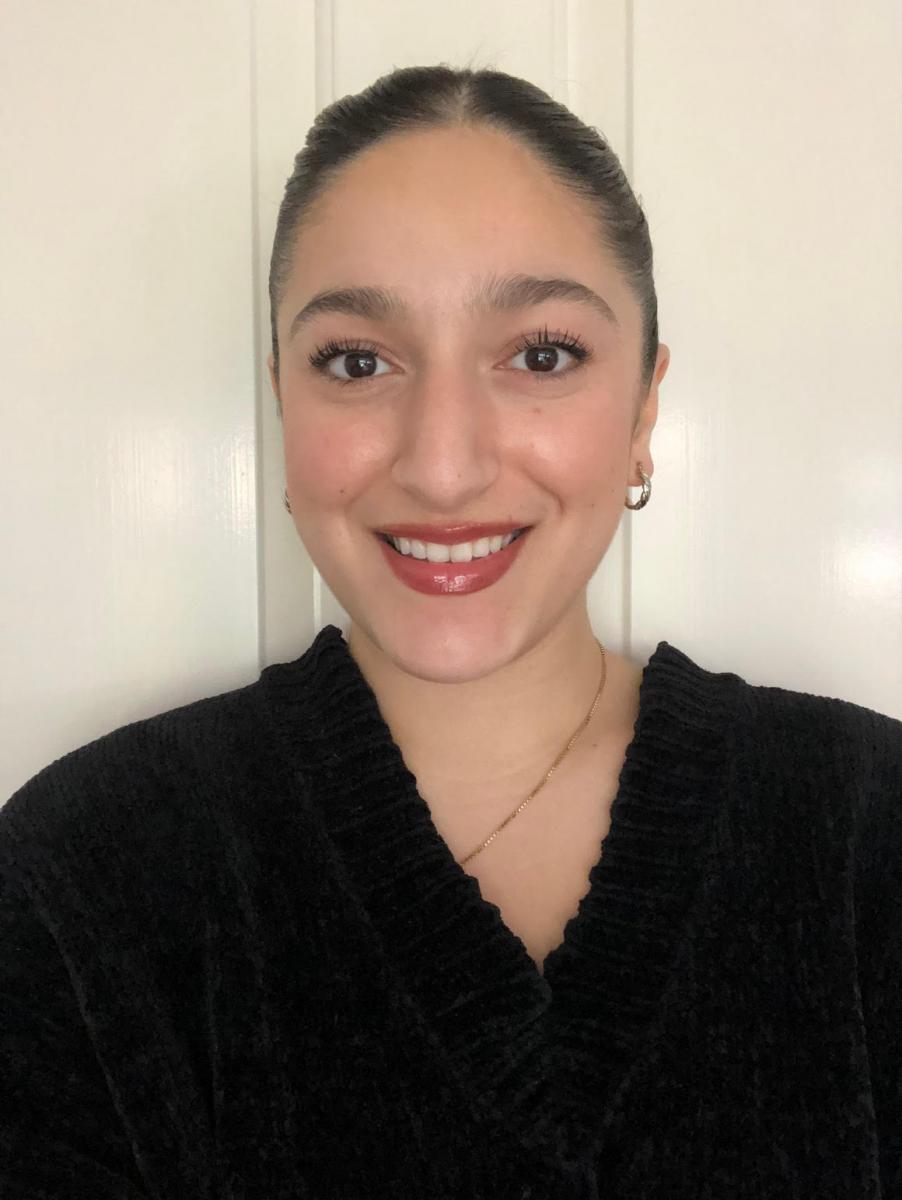
Attending and presenting at the ACBS 2023 World Conference in Cyprus was a truly great experience. Being a year into my part-time PhD at the time, it is sometimes difficult to feel fully immersed in the research and literature. My attendance at the conference gave me the chance to get up to date with the current research being carried out as well as consider the future of contextual behaviour science.
Getting involved by presenting my own research as part of a symposium was very rewarding and the new connections and friends I made were invaluable. I left feeling refreshed, inspired, and ready to continue research into ACT interventions. I am grateful of the support and opportunity to have attended my first ACBS conference and hope to attend many more in the future.
2024 ACBS Foundation Grant
2024 ACBS Foundation Grant2024 Grant Recipient:

Sini LI, PhD Candidate of the The Chinese University of Hong Kong, and her co-investigators; Dr. Waitong Chien and Dr. Kamki LAM (The Chinese University of Hong Kong) are proud to be the recipients of the 2024 ACBS Foundation Grant for Sini LI's randomized controlled trial of an ACT-based parenting program for parents and autistic children.
Parents of children with a diagnosis of autism spectrum disorder (ASD) often experience significant stress and emotional difficulties due to the demands of caregiving and the complex nature of their children's condition. This research proposal aims to evaluate the effectiveness of an acceptance and commitment therapy (ACT)-based parenting program in improving parental stress, depressive symptoms, anxiety symptoms, psychological flexibility, self-efficacy, as well as children’s emotional and behavioral problems, when compared with the usual-care-only. By helping parents develop acceptance, psychological flexibility, and strategies to break free from unhelpful patterns of thinking and behavior, this program can empower them to effectively manage their psychological experiences and flexibly respond to their children’s needs and conditions.
The study will be conducted as a randomized controlled trial, with participants randomly assigned in 1:1 ratio to either the intervention group or the control group. Participants in control group will receive routine services from their children’s special education school as usual-care. Participants in the intervention group, in addition to usual-care, will receive a group-based, blended format (using both face-to-face and online modalities), and eight-weekly-session ACT-based parenting program and a workbook to facilitate recap and home practice. The data will be collected after recruitment (T0), immediate post-intervention (T1), and three-month post-intervention (T2).
This trial fills a crucial evidence gap by evaluating a new intervention program for parents of autistic children, addressing their diverse informational, emotional, and relational needs within the care pathway. By providing targeted and holistic support, parents, autistic children, and family members can benefit in the short and long term. This study would be the first to examine the effectiveness of an ACT-based parental training program for Chinese parents of autistic children. If this program is shown to be helpful, it will fill an important evidence gap in existing care pathways in China and worldwide.
Results of Sini LI's research -
Outputs and Deliverables:
The project produced two manuscripts based on the trial, both currently under journal peer review. The main randomized controlled trial (N = 154) found that an ACT-based parenting program plus usual care significantly reduced parenting stress at both T1 and T2 (medium-to-large effects), increased psychological flexibility and parenting competence at T1 and T2 (medium-to-large effects), and reduced children’s emotional and behavioral problems at T1 and T2 (medium effects). Reductions in parental depressive and anxiety symptoms were evident at T1 (small effects) but were not sustained at T2. The secondary analysis, using cross-lagged panel models, showed that improvements in psychological flexibility or parenting competence at T1 mediated the intervention’s effects on lower parenting stress and fewer child emotional/behavioral problems at T2. Psychological flexibility also partially mediated pathways from parenting stress to child problems across all time points, whereas parenting competence mediated this pathway at baseline only. Beyond publications, we developed a complete, shareable intervention package (session plans, slides, metaphor/role-play scripts, experiential mindfulness exercises, and a parent workbook with homework and QR-linked audio/video resources) and established a fidelity monitoring procedure using an ACT Fidelity Checklist with session audio review. We also compiled cleaned, de-identified datasets with R and Mplus analysis scripts (available on reasonable request under ethics approval) and produced implementation briefs, conference abstracts, and slide decks to support dissemination and scale-up.
Impact and benefits to the researchers, CBS, and society at large
For researchers, this project strengthened trial conduct and analytic capabilities (multi-site RCT, ITT with GEE, missing-data handling, longitudinal mechanism testing via cross-lagged models), established a reproducible ACT-based parenting protocol with fidelity infrastructure, and built durable partnerships with rehabilitation institutions and an interdisciplinary advisory network—foundations for future multi-region trials and adaptation studies. For ACBS/contextual behavioral science, the project delivers high-quality, mechanism-informed evidence that an ACT-based parenting approach improves parent and child outcomes in ASD, with sustained gains plausibly carried by increases in psychological flexibility and parenting competence. It advances process-based therapy by mapping temporal mediation pathways in a non-Western setting and contributes practical know-how for hybrid delivery in community services. For society and service systems, the program offers a feasible, group-based, cost-conscious option that alleviates caregiver burden and improves child behavioral outcomes, with potential downstream reductions in demand on educational and rehabilitation services. The model is exportable to low-resource and technology-assisted settings and provides policy-relevant evidence to embed caregiver mental health support within ASD care pathways in China and beyond.
2024 ACBS Foundation Student Scholars
2024 ACBS Foundation Student ScholarsAward Recipients for the ACBS World Conference 2024: Paula Rodríguez, Fundación Universitaria Konrad Lorenz and Ezaeza Gaby Sanz Galvan, Edge Hill University
The goal of the ACBS Foundation is to support existing activities within ACBS and explore areas for future development. One step in moving towards this goal has been to create the ACBS Foundation Student Scholarship, which provides two outstanding students complimentary registration to attend the ACBS World Conference.
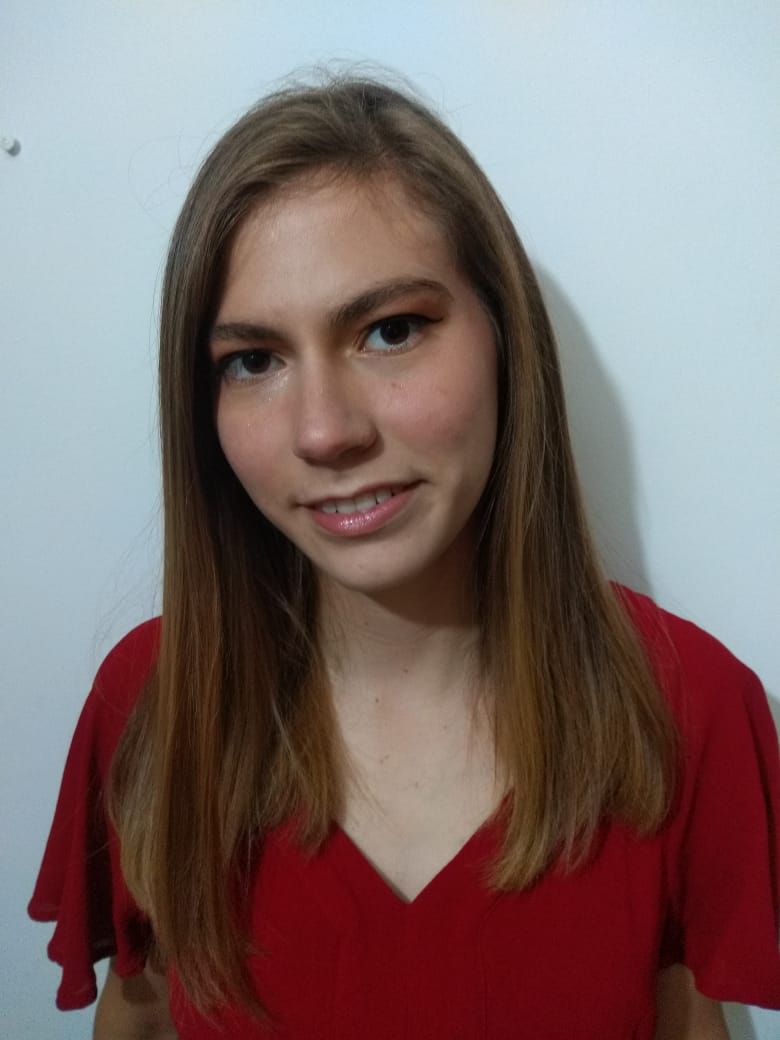 Paula Rodríguez - Bogotá, Colombia
Paula Rodríguez - Bogotá, Colombia
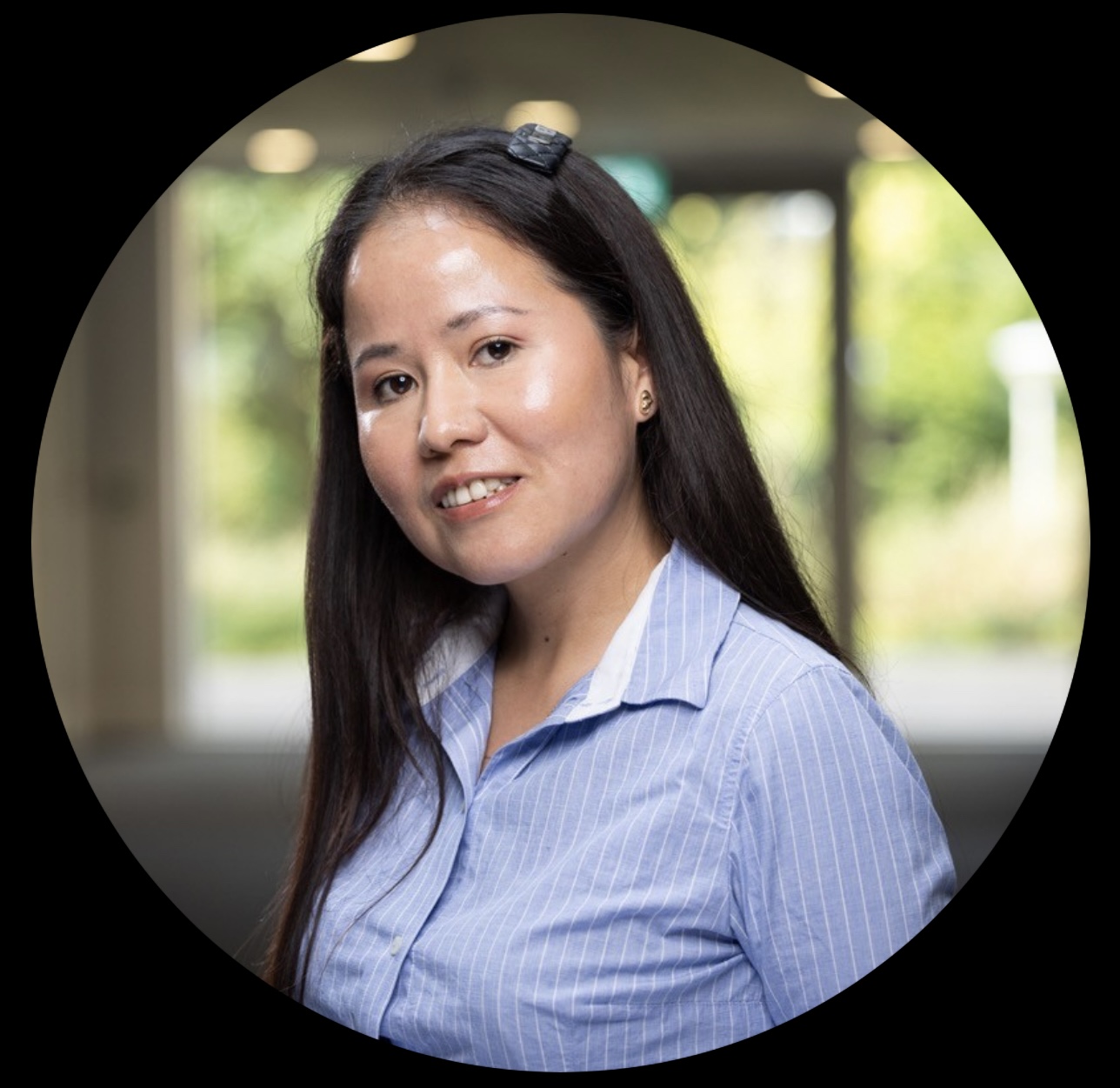
Gaby was unable to attend the conference.
2025 ACBS Foundation Grant
2025 ACBS Foundation Grant2025 Grant Recipient:
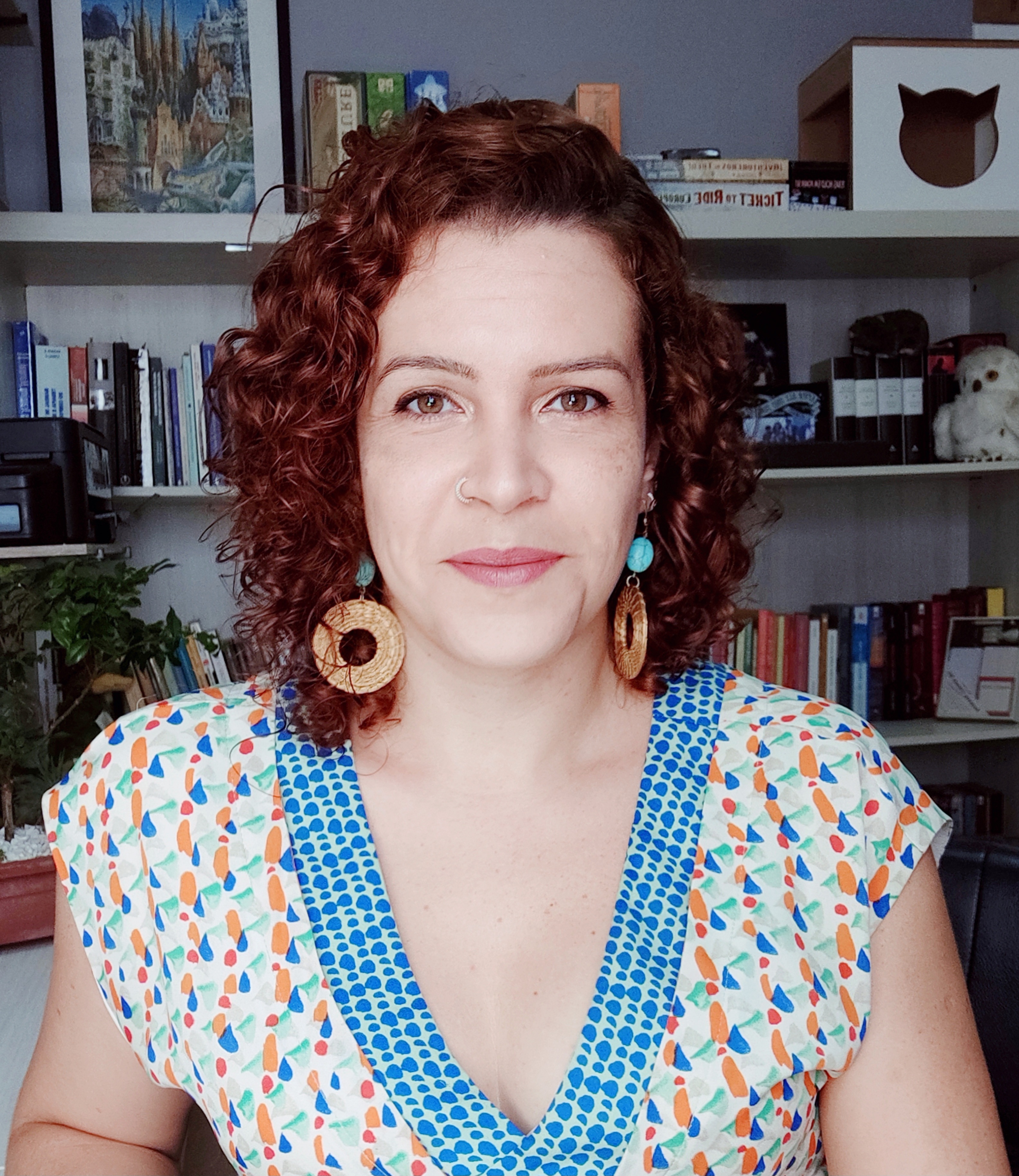
Anna Carolina Ramos, PhD, Professor at the Department of Psychology, Universidade Federal de Santa Catarina (UFSC), and her co-investigators; Dr. Helder Lima Gusso (UFSC) and Dr. Kenneth Fung (Toronto Western Hospital/University of Toronto) are proud to be the recipients of the 2025 ACBS Foundation Grant to complete a research project: Cultural Adaptation and Pilot of 'ACT on Your Recovery' with Contingency Management for Substance Use Disorders in Brazil.
Substance Use Disorder (SUD) is a significant public health concern in Brazil, affecting millions of individuals and their families. Despite the urgent need for treatment, access to effective, evidence-based care remains limited, particularly for underserved and low-income populations. Many existing therapies are costly, difficult to access, or not culturally adapted to the Brazilian context. This project aims to bridge this gap by introducing an innovative, culturally adapted intervention that combines Acceptance and Commitment Therapy (ACT) and Contingency Management (CM)—two well-established, evidence-based treatments for SUD.
Our study will translate, culturally adapt, and pilot-test the ACT on Your Recovery protocol combined with CM, ensuring its effectiveness for the Brazilian population. By offering cost-free therapy sessions, we will remove financial barriers to treatment, making specialized care accessible to those who need it most. The project will also provide structured incentives to improve engagement and treatment adherence, an effective approach in increasing retention in SUD treatment.
The project fosters international collaboration, engaging with experts from Canada to refine ACT interventions for culturally diverse populations. Additionally, by training local therapists, we aim to create a sustainable mental health care framework that can be expanded across public health services in Brazil and Latin America.
Our findings will contribute to future research and policy recommendations, supporting the integration of ACT and CM into mainstream mental health services. Ultimately, this initiative has the potential to reduce health disparities, improve treatment retention, and enhance the quality of life for individuals with SUD, helping to alleviate human suffering and drive systemic change in mental health care.
2025 ACBS Foundation Student Scholars
2025 ACBS Foundation Student ScholarsAward Recipients for the ACBS World Conference 2025: Andrés Beltrán, Western Michigan University and Amanda McGovern, Rivier University.
The goal of the ACBS Foundation is to support existing activities within ACBS and explore areas for future development. One step in moving towards this goal has been to create the ACBS Foundation Student Scholarship, which provides two outstanding students complimentary registration to attend the ACBS World Conference.
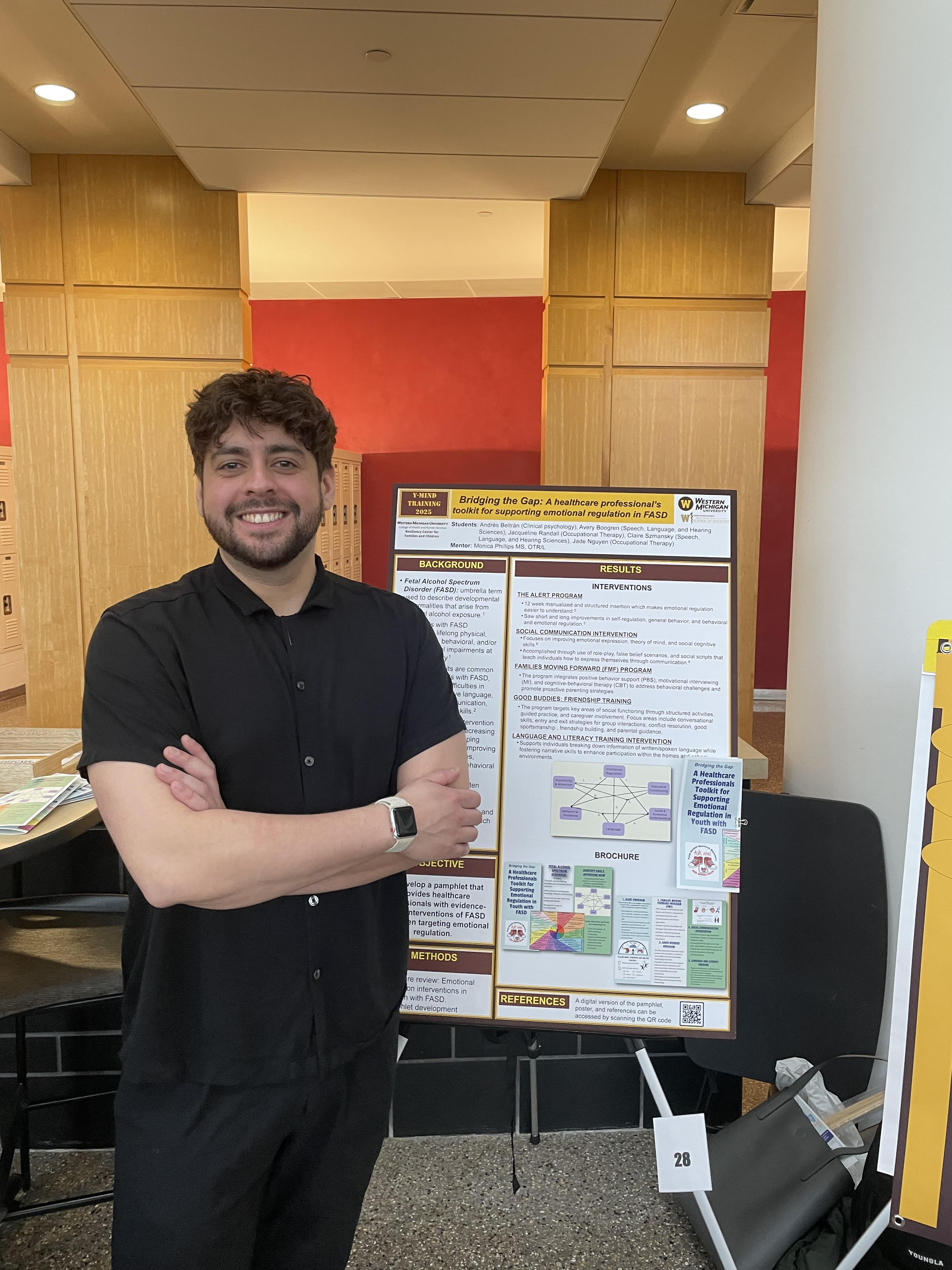
Andrés Beltrán, Michigan, USA
I am originally from Chile, and attending and presenting at the ACBS Conference was a profoundly inspiring and transformative experience. The ACBS Foundation Student Scholarship represented far more than financial assistance. For students from middle-income economies, like myself, this support plays an important role in reducing economic barriers that often limit access to international academic spaces. By doing so, the scholarship actively promotes equity, inclusion, and global representation within the contextual behavioral science community.
This opportunity allowed me not only to attend the conference, but to truly engage with it, to exchange ideas, build meaningful professional relationships, and connect with colleagues and leading scholars from around the world who share a deep commitment to contextual behavioral science. I carry with me many incredible memories from the New Orleans conference, moments of learning, connection, and inspiration that I will deeply cherish. I look forward to building many more meaningful experiences alongside the contextual behavioral science community in the years to come.
After participating in the conference, my conviction has become even stronger that contextual behavioral sciences offer an effective pathway for improving psychological treatments and, ultimately, for alleviating human suffering. I am deeply grateful to the ACBS Foundation for this scholarship, which made my participation possible and affirmed the importance of supporting diverse voices in our shared scientific mission.
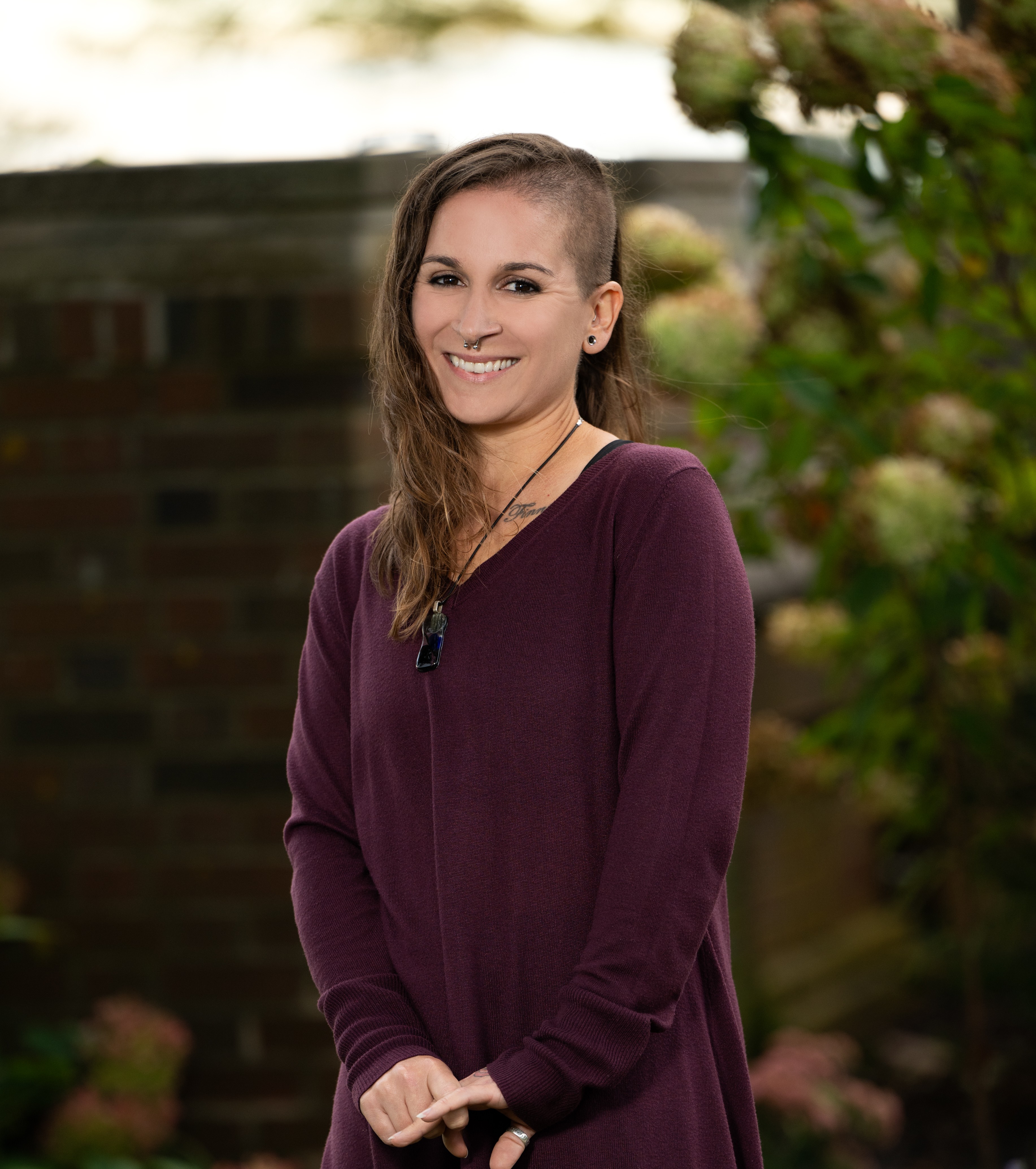
Amanda McGovern, Massachusetts, USA
I am deeply grateful to the ACBS Foundation for awarding me the Student Scholarship to attend the 2025 ACBS World Conference. Returning to doctoral training later in my career was a deliberate decision rooted in my commitment to expanding access to identity and neuroaffirming care, particularly for individuals and communities with limited financial means. I also hold a clear awareness of the privilege inherent in being able to pursue doctoral education at all, even while navigating significant financial constraints myself, and I see it as my ethical and human obligation to amplify the reach of any privilege I have beyond myself.
Scholarships such as this do far more than provide financial support; they help ensure that professional spaces remain enriched by a diversity of lived experiences, perspectives, and voices. Without this kind of intentional support, conferences of this caliber risk becoming accessible only to a narrow segment of the field. ACBS has consistently been a professional home where I have not only been able to attend but to build meaningful connections, engage with emerging research, and come away with new ways of thinking that directly inform my clinical work. I am profoundly appreciative of this opportunity and remain committed to paying it forward as I continue my work and mentorship within the field.
ACBS Foundation Student Scholars
ACBS Foundation Student ScholarsAward Recipients for the ACBS World Conference 2025: Andrés Beltrán, Western Michigan University and Amanda McGovern, Rivier University
The goal of the ACBS Foundation is to support existing activities within ACBS and explore areas for future development. One step in moving towards this goal has been to create the ACBS Foundation Student Scholarship, which provides two outstanding students complimentary registration to attend the ACBS World Conference.
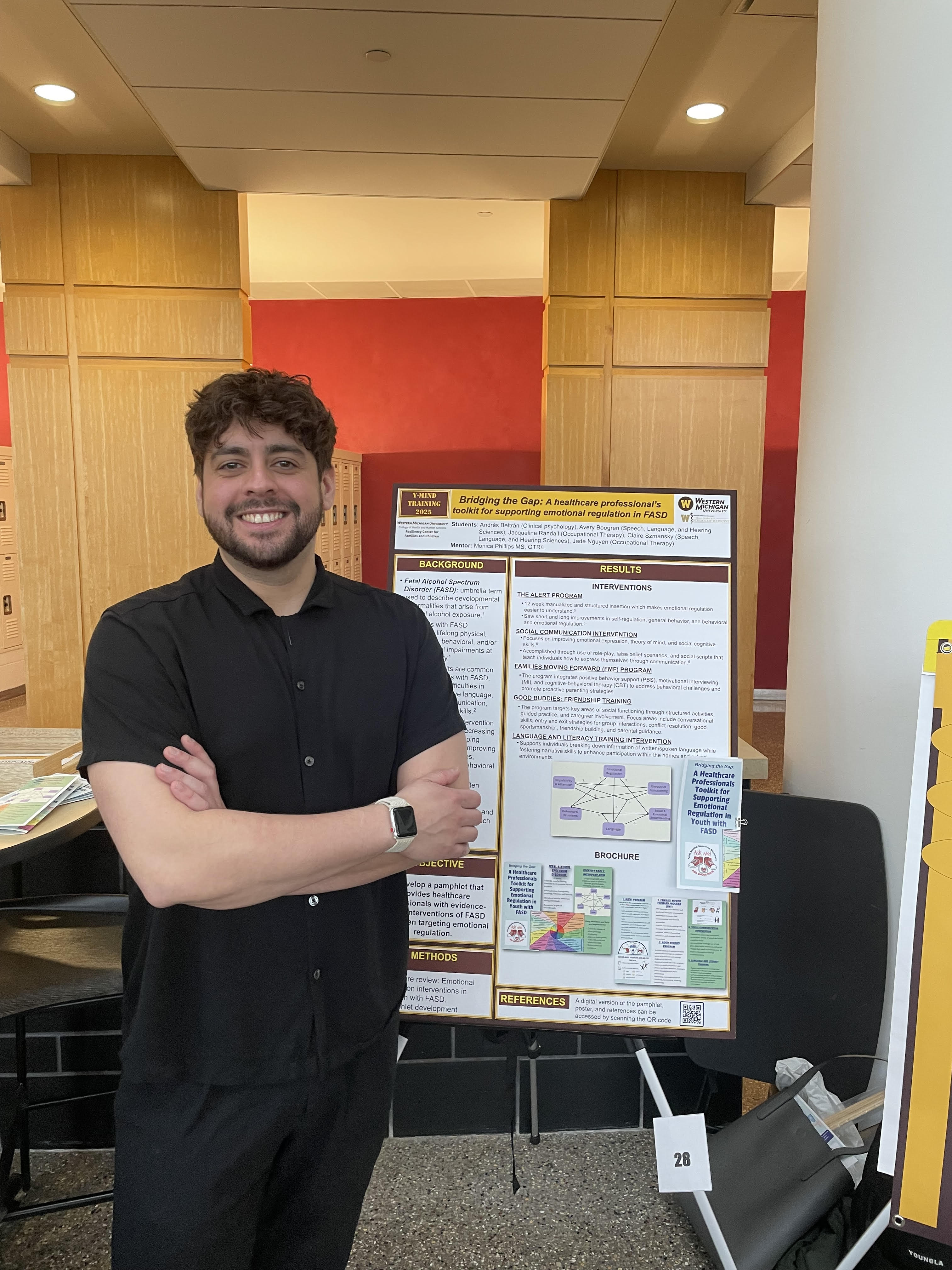
Andrés Beltrán, Michigan, US
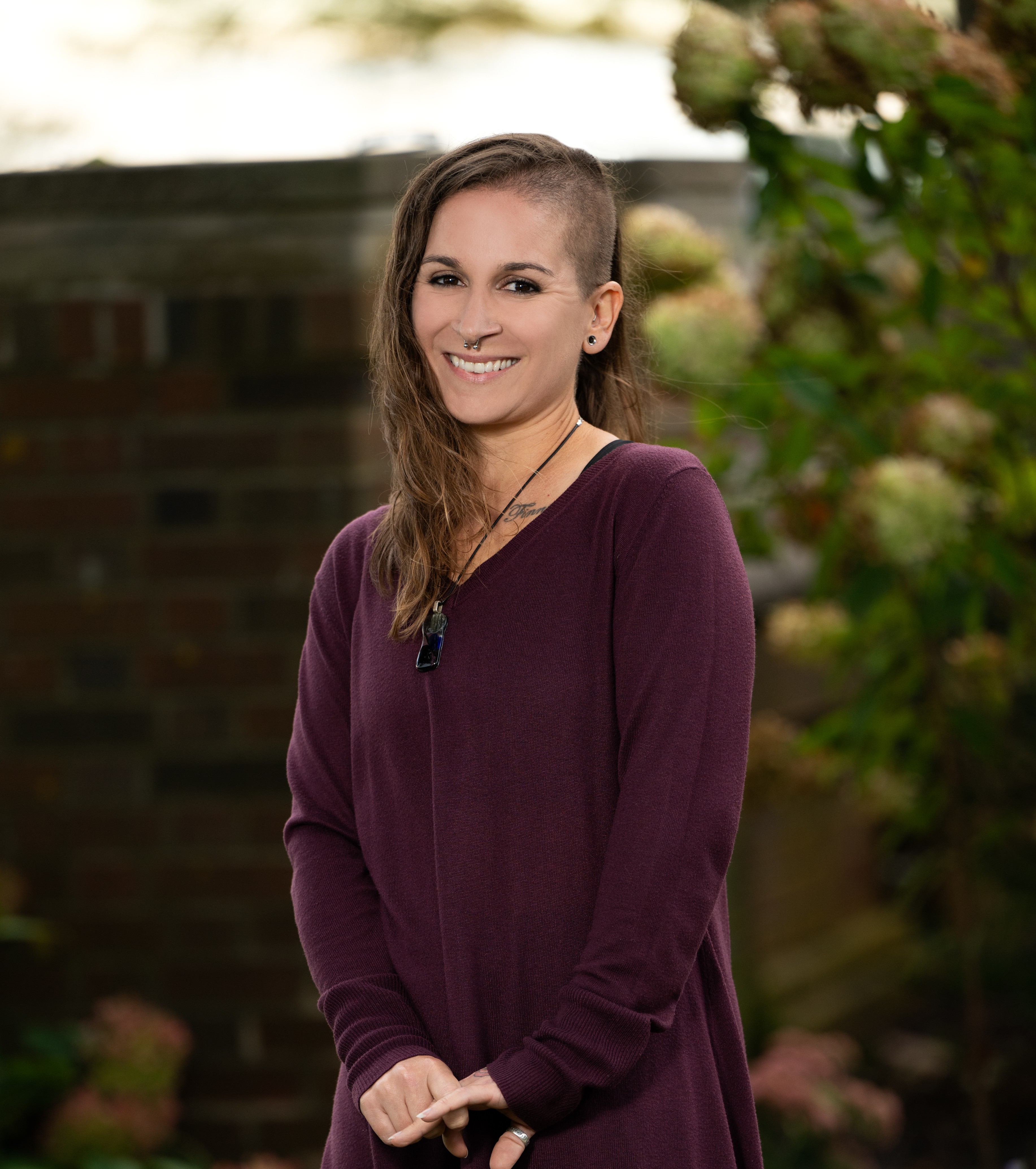
Amanda McGovern, Massachusetts, US
How you can support the foundation's important work
How you can support the foundation's important workThinking of donating? We are all here to support you.
There are many ways you can support our work, but what we ensure with any donation is that you will be well-informed about where your donations are going. Your donations support the activities of the Foundation such as Student Scholarships and the annual Foundation Grant.
How to donate?
- Commit to your values! Simply make your donations using the button above.
- Have questions? Interested in named giving opportunities? Our board’s members are very open to discuss any questions or help you see where your donations will go. Email us here and we will contact you.
Aaron S. Luoma Fund for Global Equity
Aaron S. Luoma Fund for Global EquityAaron S. Luoma Fund for Global Equity Mission
The Aaron S. Luoma Fund aims to advance global health, reduce global disparities, and promote global equity.
This fund is intended to support the application of CBS principles by individuals or organizations operating in or residing in low, low-middle and upper middle income countries.
Possible uses of this fund include (amongst others):
- scholarships for individuals to obtain CBS-related training (such through attending the ACBS annual conference)
- support of scientific research projects or research capacity building by investigators residing in low and low-middle income countries
- support for organizations or individuals located in low, low-middle and upper middle income countries to enable public health projects informed by CBS principles
About Aaron

Just because a person has died, their story doesn’t need to end. Aaron was one of the many people who walk this world as quiet revolutionaries, building bridges of love and compassion. He called himself a “citizen of the world” and identified with a global community above his identity as part of a particular nation, place, or group. Throughout his life, he worked to transcend geography, political borders, ethnicity, race, and other aspects of group identity. This fund is intended to continue that legacy.
2023 ACBS Foundation Grant - Aaron S. Luoma Fund for Global Equity
2023 ACBS Foundation Grant - Aaron S. Luoma Fund for Global Equity2023 Grant Recipient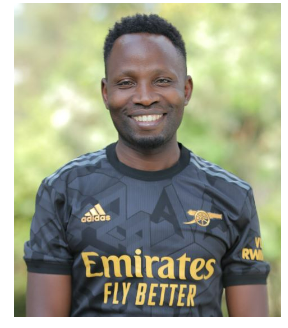

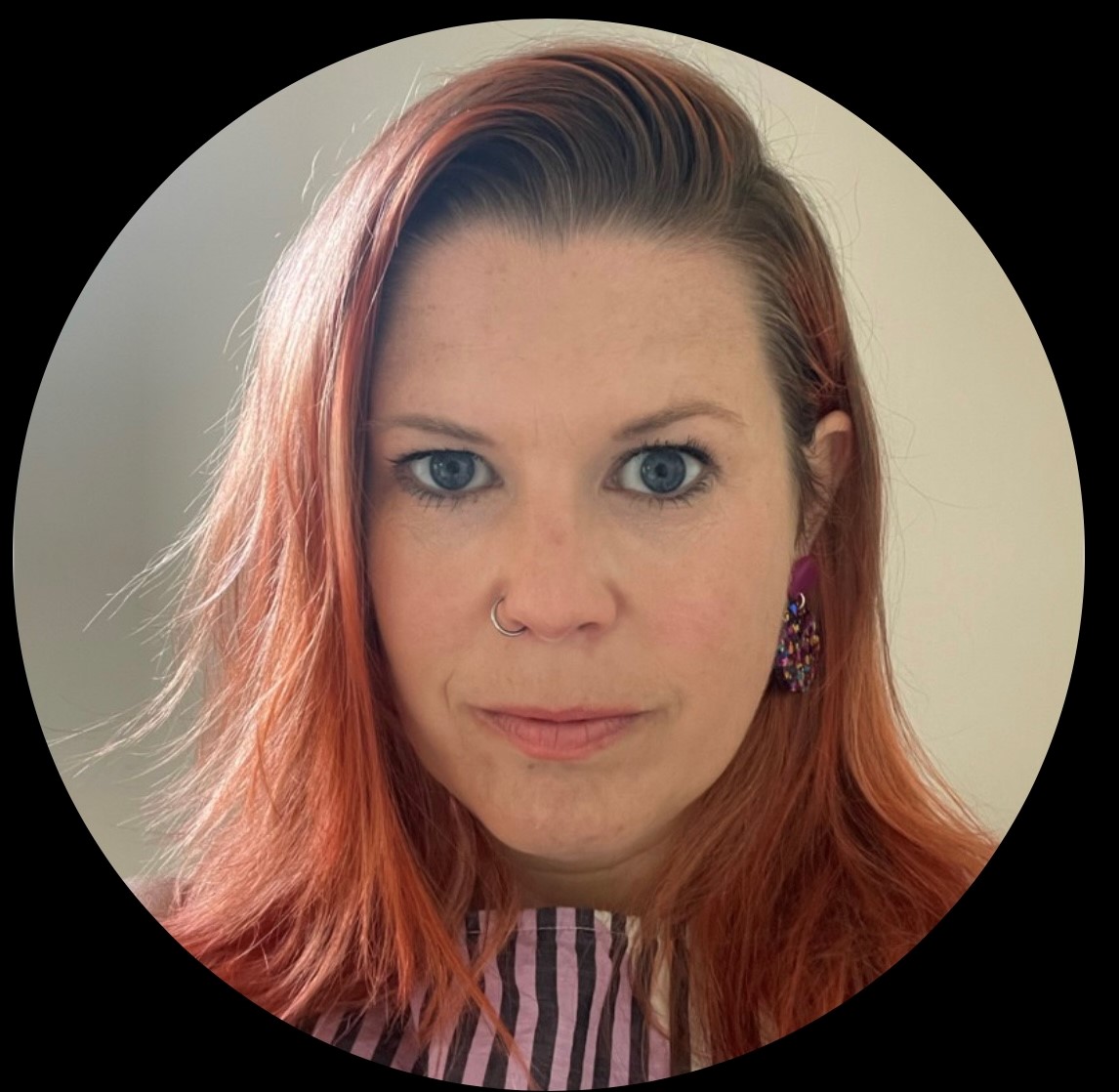
Dr. Alice Morgan, Coordinator of Clinical Psychology at the Royal Children's Hospital, Melbourne, Australia, and research team Rachel Lassman (Baby Ubuntu) and Michael Gumisiriza (Cohere) are proud to be the recipients of the 2023 ACBS Foundation Grant - Aaron S. Luoma Fund for Global Equity to complete a research project: Helping caregivers create Mighty Children: A Caregiver Support program for Children living with disability in a refugee camp.
The Mighty Children program was a 9 week peer support and education program for caregivers of children living with disability. Based off the Getting to Know Cerebral Palsy program, and with the addition of ACT techniques targeting caregiver well-being and resilience through mindfulness, gratitude and acceptance, Mighty Children had previously been found feasible and acceptable in a humanitarian setting in Afghanistan. This Foundation Grant them to train expert-parents and community workers in a Refugee-led Organsiation to run the intervention in their community. They then trialed the feasibility and acceptability of the intervention for a refugee setting in Uganda for caretakers of children living with a disability aged 2-10 years old. It is hoped that with further investment this program, it may be rolled out in larger trials in across the refugee camps in Uganda and potentially other countries.
Grant Report - December 2024
The Mighty Children program has created lasting positive change in five key areas:
1. Empowerment and well-being of Caregivers: Perhaps the key change from the Mighty Children groups was a change in the self-efficacy, hope and empowerment of the caregivers participating in the group. A sense of belonging and connection fostered by meeting a group of women living in a similar context was enhanced through the ACT-based exercises incorporated into the manual. The group was observed to reduce caregiver isolation and stress and foster emotional resilience.
Caregivers reported in focus groups conducted in Oct 2024 that they better understood their child, that they were able to act as advocates in their communities for their children and that they were able to reduce stigma amongst family and community members. The “Pause and Tune In” (ACT-based strategies) combined with positive parenting strategies allowed them to build reflective capacity and patience, enabling caregivers to meet their children’s needs physically and emotionally, which led to more empathetic and supportive parenting.
“The activities (pause and reflect) help me to relax and refocus, which I rarely get time to do” (Caregiver, focus group)
“I have learned to be more mindful of my emotions and how they affect my caregiving; the techniques are simple and easy to apply during stressful moments” (Caregiver, focus group)
“I used to think that my child was bewitched which made me hesitant to seek for medical attention... not until I joined the group and we were taught about disability, causes, clinical symptoms, support and management” (Caregiver, focus group)
2. Enhanced Development for Children with Disabilities: A key component of the Mighty Children program involved teaching practical skills that aided the development of communication, motor skills and other developmental tasks. Facilitators also work to connect children to essential resources, where available, such as special education and therapies to promote their growth and development. Caregivers reported that working with their children in these ways allowed their children to reach significant developmental milestones and attend school (where few had previously attended), despite impairments. Families reported improvements in eating, walking, standing and talking, as well as general improvements in inclusion.
The combination of practical skills, advocacy and caregiver empowerment allowed children to thrive in a newly supported context, which had flow-on effects to family functioning and well-being in many instances. Children were observed to be included more readily in family and community events, and an increase in school attendance was observed in nearly all participants.
“I thought that epilepsy is contagious, and I never allowed my daughter to share a bed, food and drinks, clothes and play materials with her siblings which was causing a lot of trauma in her life and she was always in isolation. When we learnt on how to care for disabled children, I changed my mindset, and the entire family too, and are living happily” (Caregiver, focus group)
3. Positive Change in Community Attitudes: Although advocacy was only a small component of the manualised program, the flow-on effect of education, knowledge, empowerment and support appeared to result in increased advocacy from caregivers within their community. The large reach of the program through the refugee camp has raised awareness in both participating families and their surrounding environment, which in turn has supported inclusion for children with disabilities.
“My husband divorced me because I produced a child with cerebral palsy which was considered a bad luck in their clan. I joined the mothers of CWDS and learnt how to do stretching exercises and my son learnt how to move with his legs, writing and is now at our nearby ECD and this brought back joy, and my husband returned home” (caregiver, focus group).
4. Long-Term Social and Economic Benefits: Longer term benefits are likely to be seen in the field of Inclusion for children with disability. Increased school attendance and community participation has already been observed, with this likely to result in their ability to contribute meaningfully to society in other areas. Similarly, caregivers are better equipped to meet their child’s needs and to offer responsive parenting, which may reduce healthcare costs through reduced disability.
Although not directly related to the ACBS grant, the add-on program that provides caregivers with opportunities to learn and participate in financial education and profit-generating activities may allow these families a step out of poverty.
“My child’s condition was an excuse for every problem I could face in my marriage and I hated her like nothing but I realized that it was not the case and I needed to love and care for her, after being trained in disability I developed that love and care for her which helped her to improve and life is moving on smoothly”
5. Impact on CBS and the research community: It is hoped that this program will contribute significantly to the CBS and ACT research base, particularly in the field of adapting ACT and CBS to low-resource humanitarian settings. This initial pilot program that examined adapting a previous ACT-based program for an East African refugee camp has suggested that this model is sustainable, feasible and scalable. It has also suggested that manualised programs conducted by minimally trained but uneducated (in ACT, CBS or mental health) facilitators is a workable model for future projects. This finding increases the reach of ACT and CBS into vulnerable and hard to reach populations such as refugee camps, conflict and other humanitarian spaces.
It is hoped that we will be able publish initial research related to the methodology of the Mighty Children program, and the outcomes of the Focus Group. It is also hoped that based on these results, we will be able to apply for a larger grant to scale this program across refugee camps in Uganda.
In related research, an article was recently published on the original iteration of this project in the British Journal of Global Health: Evans N, Ahmadi N, Morgan A, et al. Supporting caregivers of children living with disability in a humanitarian context: realist-informed evaluation of the ‘Mighty Children’ programme in Afghanistan. BMJ Glob Health 2024;9:e012989. doi:10.1136/ bmjgh-2023-012989
This article is the first iteration of what is hoped to be many published works around the Mighty Children program, promoting the use of ACT with caregivers in fragile settings. It is hoped that ongoing published work and promotion will allow for larger grants to run effectiveness trials of this program.
We thank you for your support of this grant – particularly recognising that you gave us this opportunity despite not being the original winner of the ACBS Foundation grant. This small amount of money has allowed us to do truly life-changing work in Rwamwanja refugee camp with an inspiring refugee-led organisation. We are excited about the next phase of evaluation and scaleup.
We have included some photos from the groups for you!
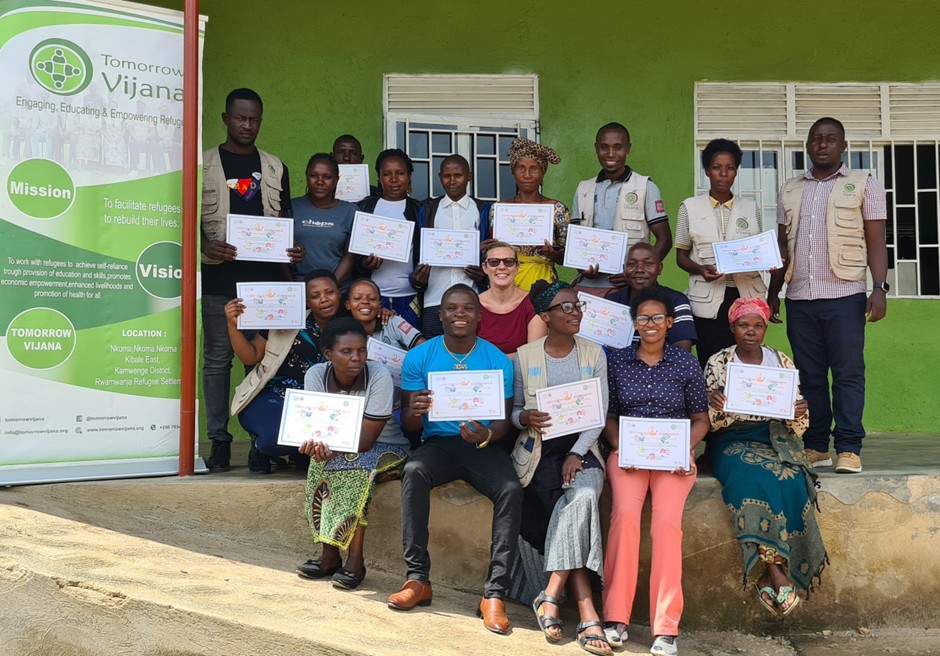
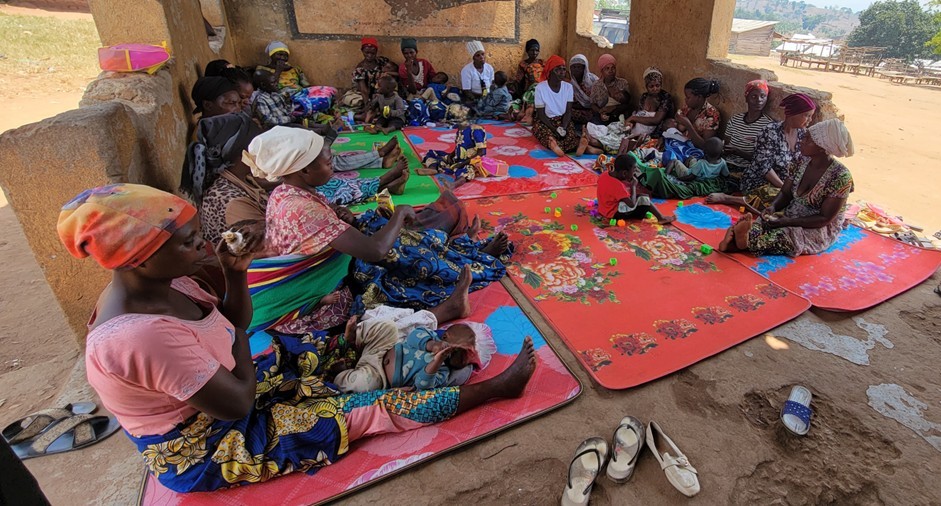


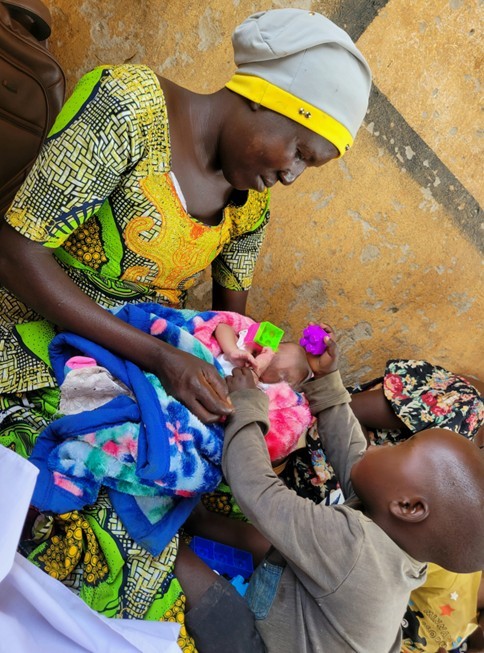
(Photos posted with permission.)
2025 ACBS Foundation Grant - Aaron S. Luoma Fund for Global Equity
2025 ACBS Foundation Grant - Aaron S. Luoma Fund for Global Equity2025 Grant Recipient
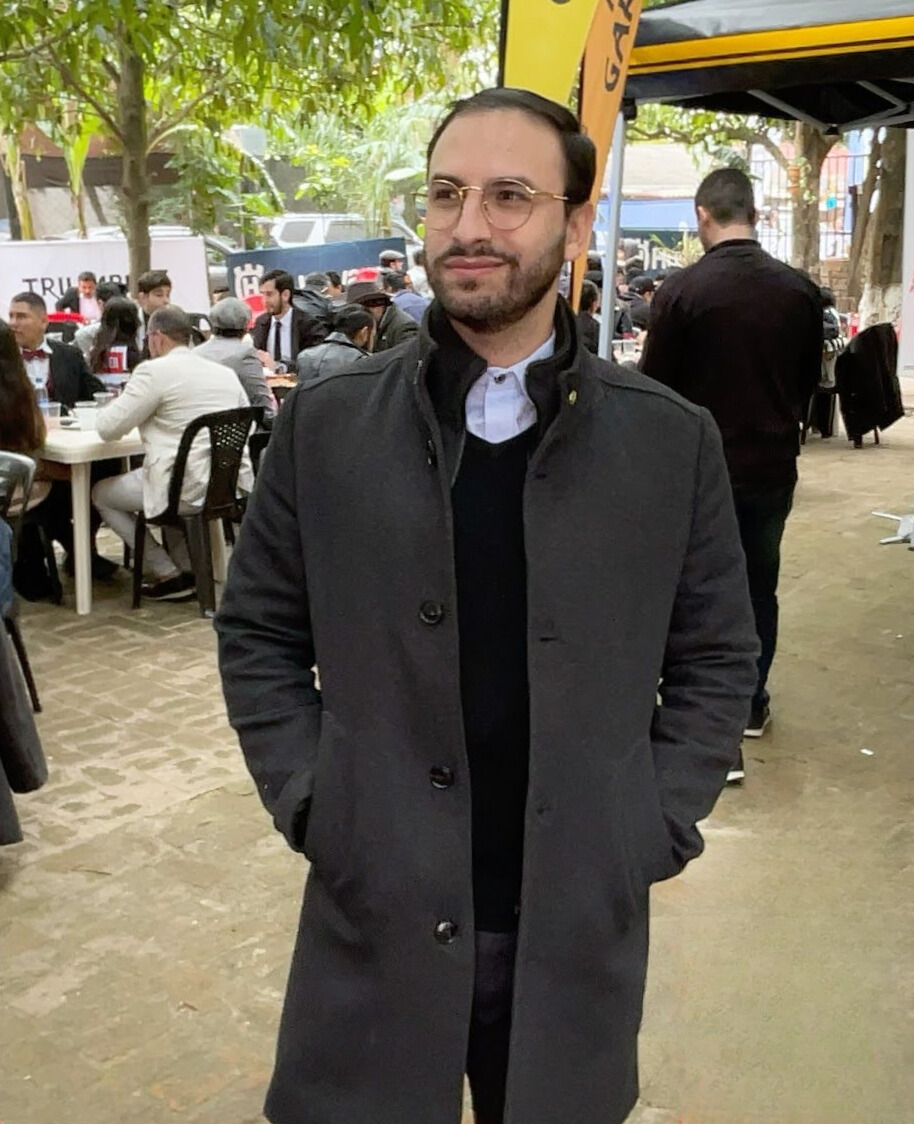
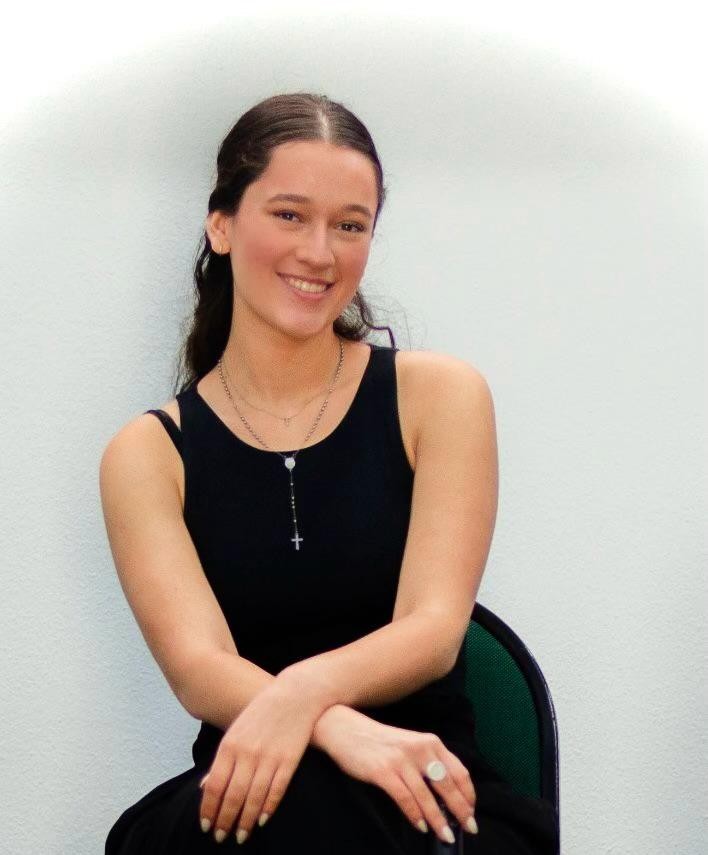
Nicolas Arancibia Levit, MSc, Coordinator of the Psychological Research and Advice Centre and his co-investigator; Maria Trinidad Terceros Pavisich, are proud to be the recipients of the 2025 ACBS Foundation Grant - Aaron S. Luoma Fund for Global Equity to complete a research project for Body Image Acceptance and Self-Efficacy: Predicting Exercise and Healthy Eating Behaviors in Young Adults.
Many young adults struggle with body image concerns, which can impact their confidence in maintaining healthy behaviors like regular exercise and balanced eating. This study aims to explore how accepting one’s body—without letting negative thoughts interfere—relates to confidence in staying physically active and making healthy food choices. Self-efficacy, or the belief in one’s ability to succeed in a specific task, plays a key role in forming healthy habits. People who feel confident in their ability to exercise or eat well are more likely to engage in these behaviors. However, negative body image can lower this confidence, making it harder to maintain a healthy lifestyle. By examining how body image acceptance relates to self-efficacy in exercise and eating habits, this research seeks to fill a gap in the literature and provide insights that could support interventions promoting well-being.
This study is based on principles from Acceptance and Commitment Therapy (ACT), which emphasizes psychological flexibility—the ability to accept one’s thoughts and emotions without letting them dictate behavior. ACT suggests that accepting body-related thoughts can reduce distress and improve overall health behaviors. By using validated questionnaires to assess body image acceptance and self-efficacy, this study will analyze responses from young adults aged 18 to 30 in Santa Cruz de la Sierra.
The findings could help shape future interventions that promote self-acceptance as a way to improve self-efficacy for exercise and healthy eating. These insights may contribute to the development of programs that reduce the risk of eating disorders and maladaptive health behaviors. Ultimately, this project aligns with Contextual Behavioral Science by offering a framework for enhancing well-being through psychological flexibility, helping individuals develop healthier relationships with their bodies and fostering long-term positive behavior change.
Founding Donors
Founding DonorsYour help and support mean so much! Your generous donations will make it possible for us to help the world through contextual science and to explore areas for future development. The ACBS Foundation's first open call for grant proposals was announced January, 2021. More information about the Foundation Grant can be found here.
We would especially like to thank Jason Luoma and Jenna LeJeune for their great generosity which led to the creation of the Aaron S. Luoma Fund for Global Equity.
(Updates regarding the Foundation’s progress can be found here. Wondering how you can help? Please consider donating to the Foundation here.)
Thank you all!
The ACBS Foundation Board
ACBS Foundation - Founding Donors
Niloofar Afari
Konrad Ambroziak
Jaqueline A-Tjack
Katie Barrett
Danny Barron
Andrea Bassanini
Mathew Boone
Michael Bordieri
James Braggs
Paul Buckley
Richard Coates
Contextual Change LLC
Shawn Costello
Susan Chapel
Lisa Coyne
Shane Curley
Doug Detrick
Frederick Dionne
Michael Dougher
Larry Dumka
Jack Engels
Michael Femenella
Julia Fiebig
Lauren Franke
Mathias Funke
Andreas Galipo
Andrew Gloster
Ciara Graydon
Ashley Greenwell
Jennifer Gregg
Julie Hamilton
Rob Handelman
Lindsay Hardie
Louise Hayes
Steven C. Hayes
Fiona Healy O’Neill
Nicholas Hooper
Cynthia J’Anthony
Mark Kaufman
Lydia Kaus
Janice Keeman
Kate Kellum
Anastasia Keller-Collins
Valerie Kiel
Jennifer Krafft
Aline Kruit
Cheryl Lamin
Michelle Landis
Louis Lasprugato
Jenna LeJeune
John Lestino
Miguel Lewis
Dario Lipovac
Carmen Luciano
Jason Luoma
John & Gracia Luoma
Daniel Lyons
Michael Maher
Michelle Maidenberg
María Cecilia Maiojas Schneider
Donald Marks
John Matthews
Jan Martz
Michael May
Agnieszka Mazurczak
Louise McHugh
Katherine McInnis
Paul Miller
Juan Montes
Louis Morales Knight
Miranda Morris
Amanda Munoz-Martinez
Sean O’Dell
IJ Oksas
Gwen Pearl
Tonya Pan-Weisz
Janiece Pompa
Rob Purssey
Emily Rodrigues
Neeltje Rosmalen
Venancio Ruiz-González
Joey Salvatore
Emily Sandoz
Arancha Santos de la Rosa
Mary Sawyer
Lucas André Schuster de Souza
Rachel Swartz
Joy Sereda
Shoshana Shea
Louise Shepherd
Richard Shook
Laura Silberstein-Tirch
Patricia Simons
Patrick Smith
Stephanie Sokolosky
Jill Stoddard
Thomas Szabo
Marcel Tassara
Christein Terry
The Center for CFT
Dennis Tirch
Kuohsi Tsao
Renae Visscher
Michael Vurek
Robyn Walser
Steve Ward
Jonathan Weinstein
David Sloan Wilson
Joann Wright
Manabu Yoshimoto
Robert Zettle
Gift Acceptance Policy
Gift Acceptance PolicyAssociation for Contextual Behavioral Science Foundation - Gift Acceptance Policy

Mission Statement
The ACBS Foundation provides financial support for activities of training, education, research, dissemination of information, and outreach that minimize human suffering and increase well-being.
Vision Statement
The ACBS Foundation harnesses scientific discoveries in order to alleviate human suffering and promote well-being for all.
Values Statement
The Foundation supports:
• Charity
• Collegiality
• Equality
• Equity
• Generosity
• Human development
• Mutually supportive practice
• Non-discrimination
• Openness
• Self-critical practice
Purpose of Gift Acceptance Policy
The Foundation is incorporated in Nevada, United States of America. Its federal tax identification number is 83-2620099.
The purpose of the Foundation’s Gift Acceptance Policy (the “Policy”) is to govern the acceptance of gifts and to provide guidance to donors in completing gifts.
The scope of this Policy is limited to acceptance or non-acceptance of proposed gifts; it is not intended to cover disposition of property owned by the Foundation.
Gift Acceptance Policy for Gifts from non-US Donors
The Foundation will accept, or consider for acceptance, contributions of cash from donors globally to varying degrees. Regardless of the donor’s country of residence acceptance of a gift of any kind must comply with the policies and procedures established by the Foundation Board of Directors, including but not limited to those outlined in this gift acceptance policy as amended periodically. The acceptance of a gift of any kind must comply with all local laws, and transfer of the assets to the Foundation cannot violate any U.S. or local laws.
All monetary amounts in this Policy are in U.S. dollars and all references to “the IRS” are to the United States Internal Revenue Service.
Use of Legal Counsel
The Foundation does not provide legal, tax, or financial advice. It is the donor’s responsibility to discuss all charitable gift planning decisions with his or her legal, financial, or tax advisor before entering into any commitment to make a gift to the Foundation.
The Foundation will seek the advice of legal counsel in matters relating to acceptance of certain gifts, when appropriate.
Gift Definition
A gift is a voluntary transfer of assets from a person or an organization to the Foundation. The Foundation may accept or decline any gift.
The following criteria generally identify a gift:
• A gift is motivated by charitable intent;
• Gifts are irrevocable transfers of assets;
• Gifts are not generally subject to an exchange of consideration or other contractual duties between the foundation and the donor, although objectives may be stated and funds may be restricted to a specific purpose;
• Donors are not provided financial accountings; and
• A gift is not completed until it has been accepted by the Foundation. The Foundation reserves the right to decline any gift.
Types of Acceptable Gifts
An outright gift involves the donor’s voluntary and intentional transfer of money or assets to the Foundation without expectation of receiving a benefit related to the value of the transfer. Although the donor may request restrictions on the use of the gift, the donor may not retain control over the money or property transferred to the Foundation.
The Foundation accepts gifts in the form of cash, check, money order, and credit cards. The Foundation is pleased to consider and discuss other types of gifts (e.g., securities or gifts in the form of real estate, personal property, or non-public or restricted securities) on a case by case basis.
Cash, Checks, and Money Order — Cash, checks, and money orders may be accepted regardless of the amount. The value of any cash, check, or money order is its face value. Checks and Money Orders must be made payable to “Association for Contextual Behavioral Science Foundation”.
Electronic Funds Transfers — Instructions for electronic funds transfers are available upon request.
Credit Card Contributions — Funds may be transferred to the Foundation via credit card. Secure credit card contributions may be made at https://contextualscience.org/acbs_foundation. There is no minimum donation requirement for a credit card transaction.
Gift Designation
To provide the Foundation with maximum flexibility in the pursuit of its mission, donors are encouraged to make unrestricted gifts to the Foundation. All receipts from unrestricted donations will become part of the Foundation General Fund to support activities related to its mission and to support an endowment (invested funds to provide additional funds for future allocation).
Restricted Gifts – Restricted donations of large gifts specified for a particular purpose will be considered on a case by case basis in discussion with the Foundation President or his or her designee and in concurrence with the Foundation Board. All restricted gift arrangements shall be memorialized in a written document describing the restrictions on the gift by the donor and other obligations that may be undertaken by the Foundation with respect to the gift. Gift agreements may be reviewed and approved by the Foundation’s legal counsel, if appropriate, prior to signature by donor and Foundation representative.
Variance Power – The Foundation reserves the right to broaden or alter the purpose of a restricted gift should it be determined in the future that the original purpose of the gift no longer is in the best interest of the Foundation or fits with the priorities or mission of the Foundation.
Unacceptable Gifts
The Foundation will not accept any gifts that:
• Contain a condition that is inconsistent with the mission of the Foundation as determined by the Foundation Board;
• Contain a condition that the proceeds will be spent by the Foundation for the personal benefit of a named individual or individuals;
• Require the Foundation to employ a specified person now or at a future date;
• Inhibit the Foundation from seeking gifts from other donors;
• Expose the Foundation to adverse publicity, litigation, or other liabilities; or
• Require undue expenditures, or involve the Foundation in unexpected responsibilities because of their source, conditions, or purpose.
Gift Acknowledgment
The Foundation will acknowledge the receipt of all gifts in writing and in a manner which satisfies the IRS's substantiation requirements set forth in IRC Section 170(f) for the deduction of charitable gifts by individual donors. Aside from acknowledgement of receipt of gifts, the Foundation is not responsible for maintaining records for proof of charitable contributions.
The Foundation Board may establish criteria for the recognition and honoring of a donor with certain honors or benefits based on various giving levels achieved by a donor and the type of gift. These honors or benefits may include the listing of the donor’s name on a roll or plaque of significant donors or the opportunity to receive invitations to donor recognition events. Donors will be requested to indicate whether they would prefer to be recognized or to remain anonymous as permitted by legal requirements.
Confidentiality - Information concerning all transactions between a donor and the Foundation will be held by the Foundation in strict confidence and may be publicly disclosed only with the permission of the donor, where confidentiality would not violate any legal requirements for disclosure.
Anonymity - The Foundation will respect the wishes of donors wishing to support the Foundation anonymously and will take reasonable steps to safeguard those donors’ identity where anonymity would not violate any legal requirements for disclosure.
Additional Stipulations
The Foundation is committed to the highest ethical standards. The Foundation Board members and staff at all levels of the organization will handle information about and from donors and donations with respect and privacy.
Acceptance and documentation of gifts must be under the supervision of the ACBS Foundation Executive Director with concurrence from the Foundation Board, in order to maximize the value of those gifts to the Foundation, while minimizing costs and risks to the Foundation associated with those gifts.
The following persons are authorized to sign restricted gift agreements on behalf of the Foundation: President, Vice President, and Treasurer.
Finder’s fees will not be paid to trust officers or attorneys, etc., for directing contributions to the Foundation.
Expenses associated with a donor’s gift shall be borne by the donor.
Policy Amendment and Review
Responsibility for review of and recommended amendments to the Policy shall be that of the Foundation Board. The Foundation Board of Directors shall periodically (but no less frequently than every five years) review these policies to ensure that they continue to accurately describe the policies of the Foundation with respect to acceptance of gifts, and shall propose for adoption those revisions that are determined to be necessary or appropriate in order for the statement of Policy to accurately reflect the policies of the Foundation. These policies shall also be reviewed upon the enactment or promulgation of legislation or regulatory rules affecting fundraising and gift acceptance by the Foundation, to assure continued compliance by the Foundation with the legislation and rules. To amend the Policy, a written amendment shall be prepared and submitted to the Board for review and approval.
Policy Effective Date
The Gift Acceptance Policy was adopted on May 17, 2019, and became effective on that date.
Robert (Bob) J. Kohlenberg Research Fund
Robert (Bob) J. Kohlenberg Research Fund.jpg)
“My mission is to engage as fully and deeply as I can with the world—including interpersonal, cultural and physical realms. This includes: 1) striving to love ever more deeply and increasing the scope and intensity of my attachment to, caring for and benefiting others; 2) increasing my concern and involvement with solving sociopolitical problems; 3) passionately playing with ideas that foster creativity and intellectually challenging myself and stimulating others to do the same: and 4) learning about, deepening my understanding, and having hands-on involvement and connection to the physical and technological features of the world in which I live.” Robert J. Kohlenberg (1937-2021)
Dr. Kohlenberg was a dedicated member of ACBS from its inception. He co-conceptualized Functional Analytic Psychotherapy (FAP) in the 1980s, a “contextual, behavioral, relational approach to psychotherapy in which therapists focus on what happens in session between the client and therapist to shape the interpersonal behaviors, emotional awareness, and self-expression necessary for clients to create and maintain close relationships and to live meaningful liveslives” (Kohlenberg & Tsai, 1991; Tsai et al., 2009; Tsai, Callaghan & Kohlenberg, 2013).” This endowed fund honors the legacy of Dr. Kohlenberg’s pioneering work by continuing this spirit of inquiry.
The Robert J. Kohlenberg Research Award will support graduate student, early, or experienced career research focused on advancing knowledge and expertise in Functional Analytic Psychotherapy or its dissemination to the general public via the Awareness, Courage & Love Global Project.
Two awards are available annually to qualifying applications. Priority for one award each year is given to high quality student and early career research applications.
(For the Kohlenberg Award, the ACBS Foundation defines “graduate student and early career” for the purpose of this grant as a post-baccalaureate student seeking a degree in a field relevant to the purposes of the association, or an early career researcher as a person who completed their terminal degree within the past 7 years (or 10 years if you took time off for personal reasons such as family). An early career researcher includes individuals in current postdoctoral and faculty positions, as well as those in other employment positions.)
To learn more about Bob Kohlenberg’s life and legacy, please read the beautiful obituary published on Recompose.
To contribute to the Robert J. Kohlenberg Fund, click the donate button below:
2023 Robert J. Kohlenberg Research Award Grant
2023 Robert J. Kohlenberg Research Award Grant2023 ACBS Foundation Robert J. Kohlenberg Research Award Grant Recipient: Sara Robayo
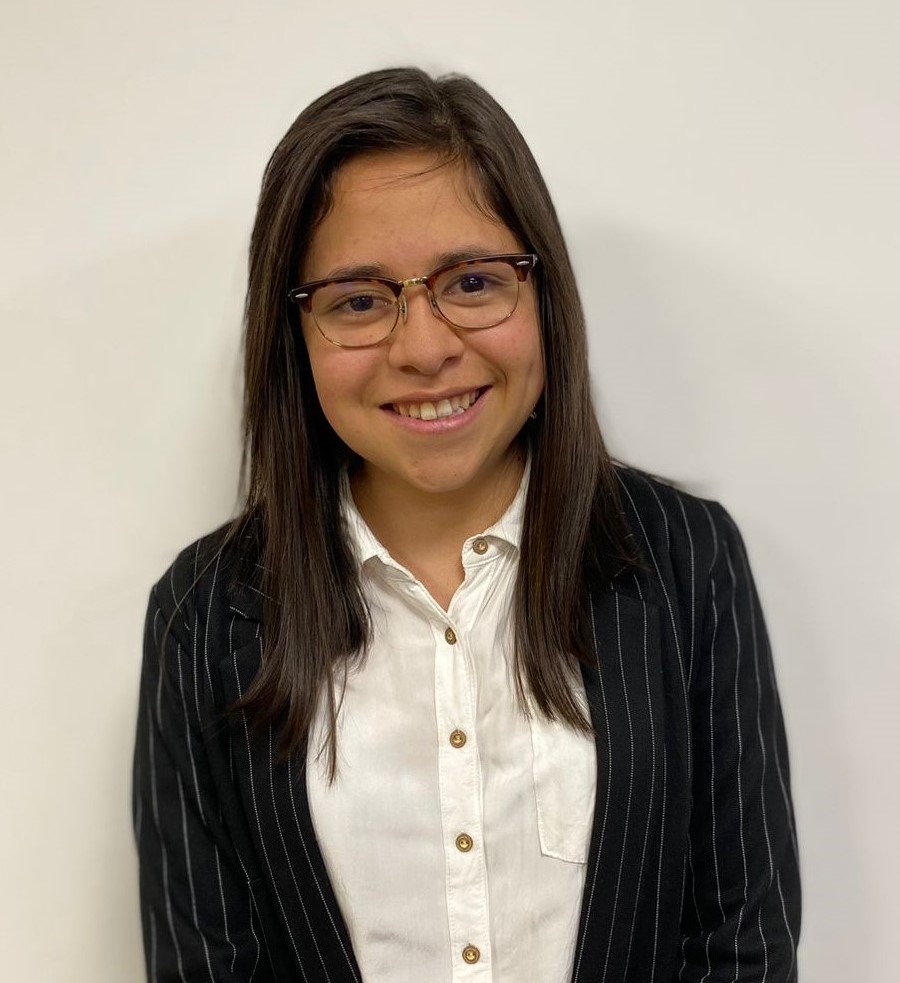
Sara Robayo, MS in Clinical Psychology at the Pontificia Universidad Javeriana, Bogota, Colombia, and research team Yors Garcia (Pontificia Universidad Javeriana), Amanda Muñoz-Martinez (Universidad de los Andes), and Matthew Skinta (Roosevelt University) are proud to be the recipients of the 2023 ACBS Robert J. Kohlenberg Research Grant to complete a research project on evaluating the Effect of Functional Analytic Psychotherapy in Intimacy and Minority Stress in Trans and Gender non-conforming people.
The main goal of this research project is using functional analytic psychotherapy (FAP) to improve intimacy repertories and stress minority levels in trans and gender non-conforming (TGNC) people living in Colombia (South America). In this country TGNC individuals are at greater risk of severe mental issues compared to cisgender counterpart, not to mention the limited access they have to evidence-based interventions that may help them with their specific needs. One of the most common difficulties reported by these individuals and observed in psychotherapeutic sessions is the lack of intimacy repertoires. These repertoires are important to develop close and significant relationships with significant ones. In addition, TGNC people have difficulties coping with minority stress, which consist of high levels of stress faced by members of stigmatized minority groups. Therefore, this research grant will be used to evaluate the impact of FAP in developing intimacy repertoires in TGNC people as well as teaching them alternative repertoires to effectively face minority stressors. We hope this study opens a new line of research and moves forward the legacy left by Robert Kohlenberg.
Final Report:
Outputs and Deliverables:
Based on the results of this research project, two articles were written.
The first article examines the therapeutic interaction and participants’ intimacy in-session behaviors and the pre-, post-, and follow-up measures of intimacy repertoires out-of-session, minority stress levels and interpersonal difficulties reported by these TGNC participants. This article is currently under development.
The second article entitled “Using Functional Analytic Psychotherapy to Address Interpersonal Difficulties with a Neurodiverse, Non-Binary Client” examined the implementation of Functional Analytic Psychotherapy, to address relational difficulties in a 33-year-old, non-binary autistic individual with interpersonal difficulties.
This paper was submitted to Clinical Case Studies (CCS) https://journals.sagepub.com/home/ccs on July 26, 2025 (Appendix B)
OSF. https://osf.io/7twrm/?view_only=a93917905cbf4f5696fb5de761ca9efa
Impact and benefits to the researchers, CBS, and society at large:
This project provides empirical evidence of the utility of FAP in addressing intimacy and minority stress in TGNC individuals, —population that face ongoing prejudice across multiple contexts and have limited access to empirically supported, affirmative psychological interventions tailored to their specific needs.
The first article illustrates the importance of integrating FAP principles with a culturally humble and affirmative framework to foster TGNC clients’ in- and out-of-session intimacy-seeking behaviors, while addressing behaviors that block interpersonal intimacy. Findings regarding therapeutic interaction and out-of-session intimacy repertoires shed light regarding FAP’ change mechanisms in minoritized populations, as well as idiographic aspects -such as intersecting identities- that may influence the generalization of their therapeutic gains.
The second study highlights FAP’s potential as an affirming and effective intervention for individuals navigating intersectional identities, particularly neuro- and gender diverse clients by providing a supportive space to tackle relational challenges and compounded social stressors. These findings emphasize the flexibility of FAP's principles in adjusting the therapeutic objectives by considering the client’s developmental and relational history. This article also offers recommendations for clinical practice aimed at promoting contextual interpretation of interfering behaviors exhibited by individuals from minoritized populations in the development of a therapeutic relationship— behaviors shaped by ongoing interaction with a context that continuously discriminates against them. Likewise, it encourages clinicians to make use of therapeutic rules to examine their own biases and how these may impact their work with these marginalized populations.
Both studies underscore the importance of using therapeutic interventions such as FAP in addressing TGNC clients’ interpersonal difficulties and fostering alternative interpersonal behaviors that enhance their ability to build high-quality relationships -a protective factor for their physical and mental health. Both studies also pose future research directions in addressing aspects that may influence generalization of their therapeutic gains such as clients’ intersecting identities.
Click here to read more about the ACBS Foundation's Robert J. Kohlenberg Research Fund.
2024 Robert J. Kohlenberg Research Award Grant
2024 Robert J. Kohlenberg Research Award Grant2024 Grant Recipient:

Serena Wong, PhD, Adjunct Faculty, Departments of Psychology and Psychiatry, University of Western Ontario (Canada) and her co-investigators; Frankie Lui, Lisa Van Bussel and Lynette Markoff, are proud to be the recipients of the 2024 ACBS Robert J. Kohlenberg Research Grant to complete a research project on Targeting Loneliness: A Novel Application of Awareness, Courage, and Love Groups for Geriatric Psychiatry Patients.
Loneliness is a key predictor of death, dementia, physical decline, and poorer mental health in older adults. Geriatric psychiatry patients are at greater risk for the experience of loneliness. Reviews of loneliness interventions say that solutions need to have a clear theoretical basis and more randomized trials are required. Furthermore, researchers have stressed the importance of “a rich and forgiving social environment” for lonely individuals to address unhelpful social cognitions. Interventions rooted in behavior change theory also seem most promising.
Developed by Dr. Mavis Tsai, Awareness, Courage, and Love Groups (ACL) represent a powerful, evidence-based approach to alleviate loneliness and enhance social connection. ACL sprung from functional analytic psychotherapy, which is a transdiagnostic approach grounded in functional contextualism and radical behaviorism, wherein the mechanism of change is therapeutic social reinforcement. Put simply, these groups are geared to alleviate suffering in a growing population of older adults with mental health diagnoses.
We recently adapted ACL groups for geriatric psychiatry patients, with positive results based on informal patient feedback and staff observations. Our adaptations include the use of visual cues, aging-related themes, listening prompts, shorter meditations, and a simplified discussion process. Our interdisciplinary team comprises psychology, social work, nursing, and psychiatry. Our goals are to examine feasibility, acceptability, and efficacy in both outpatient and inpatient arms of this study, using randomized waitlist and active control group methodologies. In other words, we want to see if ACL “works” for a new geriatric population. In addition to tracking patient retention, which has so far been at 100%, we are collecting session feedback and assessing program satisfaction both qualitatively and quantitatively. Outcomes include life satisfaction, loneliness, social closeness, relational health, and the experience of sacred moments in group. If these groups work, we can support dissemination and cultivate communities of connection worldwide for lonely seniors.
2025 Robert J. Kohlenberg Research Award Grant
2025 Robert J. Kohlenberg Research Award Grant2025 Grant Recipients:
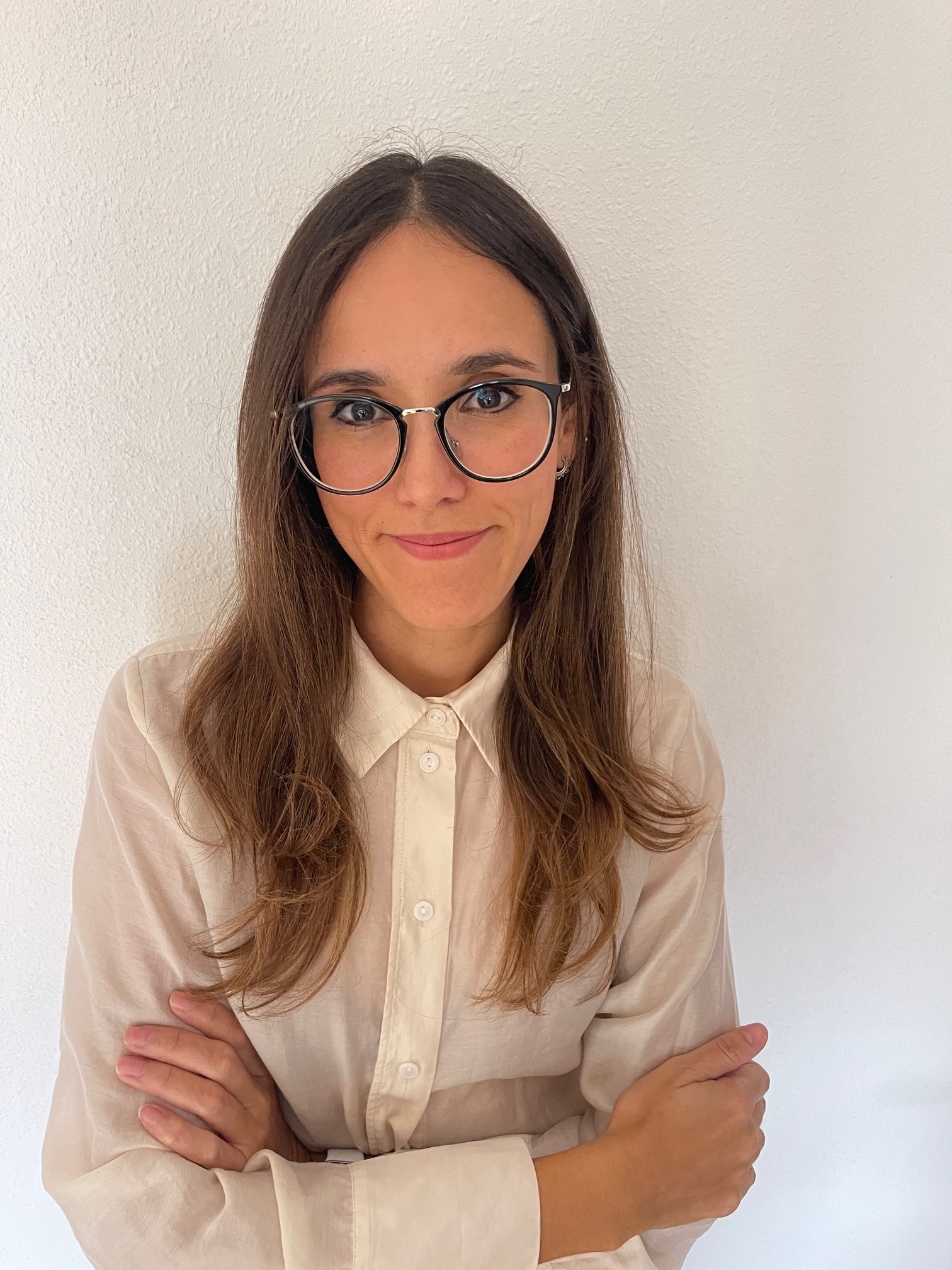
Gladis-Lee Pereira, Ph.D., Associate Professor at Universidad Europea de Madrid and her co-investigators; Tien Kuei (Power to Live Foundation) and Natalia Andrés-López (Universidad Autónoma de Madrid) are proud to be the recipients of the 2025 ACBS Robert J. Kohlenberg Research Grant to complete a research project: Mapping In-Session Change in Functional Analytic Psychotherapy from An Idiographic Molar Approach.
Functional Analytic Psychotherapy (FAP) is a therapeutic approach that emphasizes in-session interactions as the key factor driving meaningful change in clients' lives. It is a type of therapy that focuses on explaining why people change rather than merely analyzing if they change. In this sense, research that connects specific in-session interactions with clinical improvement, while preserving the unique role of each therapeutic dyad, is one of FAP’s most important tasks and, perhaps, one of its greatest methodological challenges.
Therefore, this study aims to expand our understanding of the specific behaviors exhibited by psychotherapists that are associated with clinical change, seeking to use a methodology that better fits the nature of psychotherapy. We believe that by focusing on the therapeutic interaction during clinical sessions, while capturing the uniqueness of each case, this project will contribute to improving therapeutic effectiveness and refining training methodologies for clinicians practicing FAP. This, in turn, has the potential to inform future research and applications within Contextual Behavioral Science and ultimately alleviate human suffering.
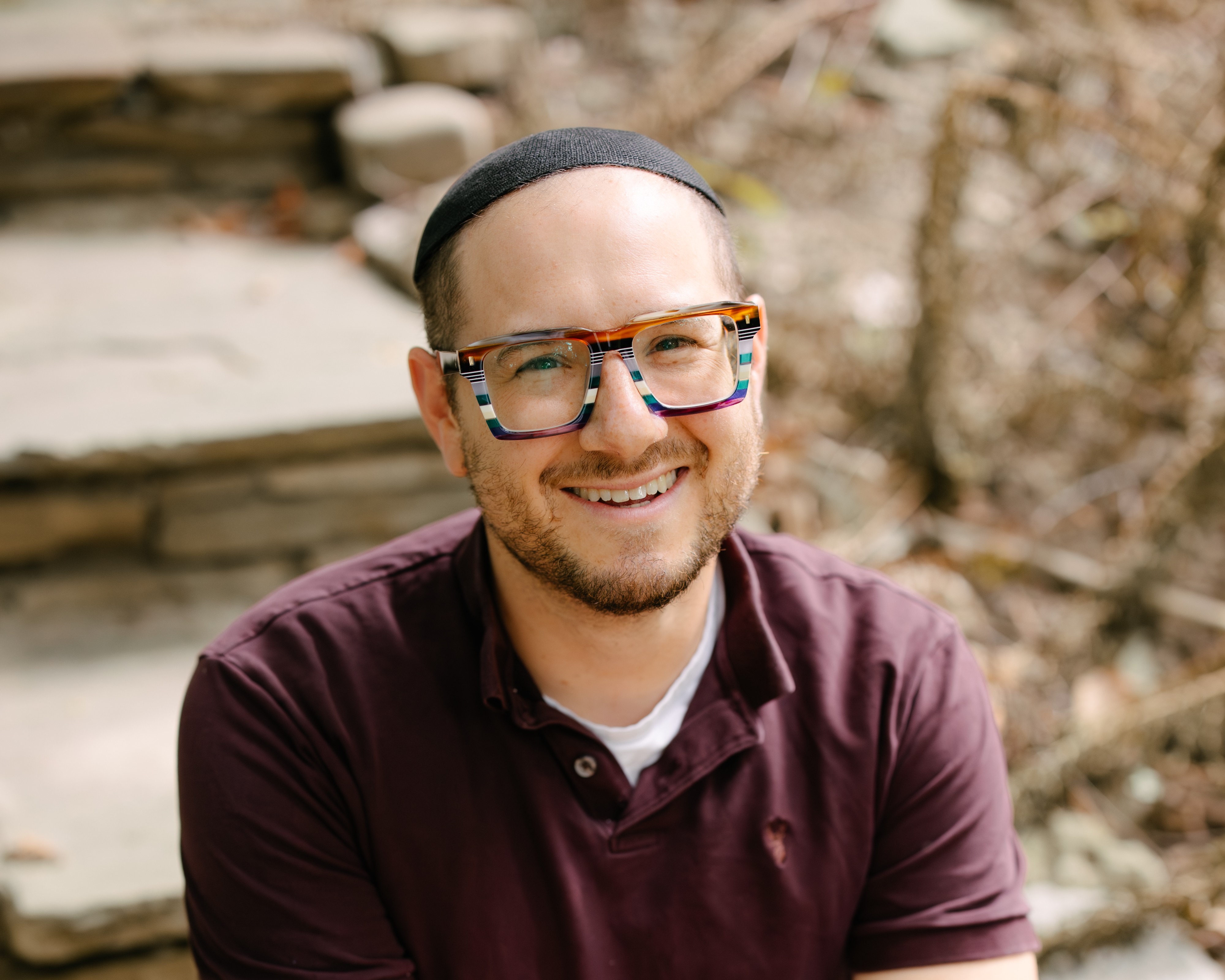
Rabbi Aaron D. Cherniak (Hebrew University of Jerusalem) and his co-investigator; Dr. Max Wolff (Central Institute of Mental Health, Mannheim) are proud to be the recipients of the 2025 ACBS Robert J. Kohlenberg Research Grant to complete a research project: Psychedelic Psychotherapy Through a Functional Analytic Lens: Relationship as a Meta-Mechanism of Change.
Psychedelic-assisted psychotherapy has shown potential to treat depression, trauma, and other mental health difficulties. Yet, we still know relatively little about how these therapies work. Recent research has identified several general mechanisms of psychedelic-related change that may drive improvement in psychotherapy broadly. However, these processes may depend on relational factors and how individuals navigate psychedelics’ effects.
Functional Analytic Psychotherapy (FAP) emphasizes the therapeutic relationship as the most powerful engine of change. FAP views the therapeutic bond not only as a source of support, but also as the context in which new patterns of relating can be learned and reinforced. This project applies a FAP-informed lens to psychedelic psychotherapy by exploring whether relational processes can organize and amplify other change processes identified by decades of integrative psychotherapy theory and research support, and in this context, more adaptive modes of experiencing psychedelics’ effects (acceptance-related vs. avoidance-related strategies).
To answer this, we will analyze data from a large international study that validated a novel measure of Grawe’s transtheoretical therapeutic change mechanisms, the first to assess clinically relevant relational behaviors and experiences during dosing sessions. We will explore mechanisms of therapeutic change at play in psychedelic experiences and their associations with a range of psychological flexibility, quality of therapeutic relationship, of individuals’ test whether the relationship mediates or moderates the link between life circumstances, change mechanisms, and a range of outcomes, such as aspects of mental health and well-being. This will clarify whether the therapeutic relationship functions as a superordinate factor that facilitates other mechanisms.
By illuminating how relational processes shape therapeutic effects, the project can help refine psychedelic therapy training, improve therapist guidance, and contribute to advancing knowledge in FAP. Ultimately, the findings may support the development of more effective and relationally attuned psychedelic therapies, reducing suffering and enhancing well-being across diverse populations.
ACBS Foundation Grant
ACBS Foundation GrantThe ACBS Foundation aims to promote CBS projects around the world. With the goal of facilitating interventions that promote well-being, this funding mechanism is for ground-breaking projects that share this aim in the realms of interventions, training, and research (these projects are funded through the General Fund or the Aaron S. Luoma Fund for Global Equity).
The Robert J. Kohlenberg Research Award honors the legacy of Bob Kohlenberg, it will support graduate student, early, or experienced career research focused on FAP. This grant is made possible through the generosity of Mavis Tsai and Barbara Kohlenberg.
Apply here to be a Volunteer Reviewer (note, applicants are ineligible to review)
About the Call
The aim of the ACBS Foundation grant is to finance projects and/or research that advances the understanding of how CBS principles can be used to impact social or environmental issues.
The Robert J. Kohlenberg Research Award will support graduate student, early or experienced career research focused on advancing knowledge and expertise in Functional Analytic Psychotherapy or its dissemination to the general public via the Awareness, Courage & Love Global Project.
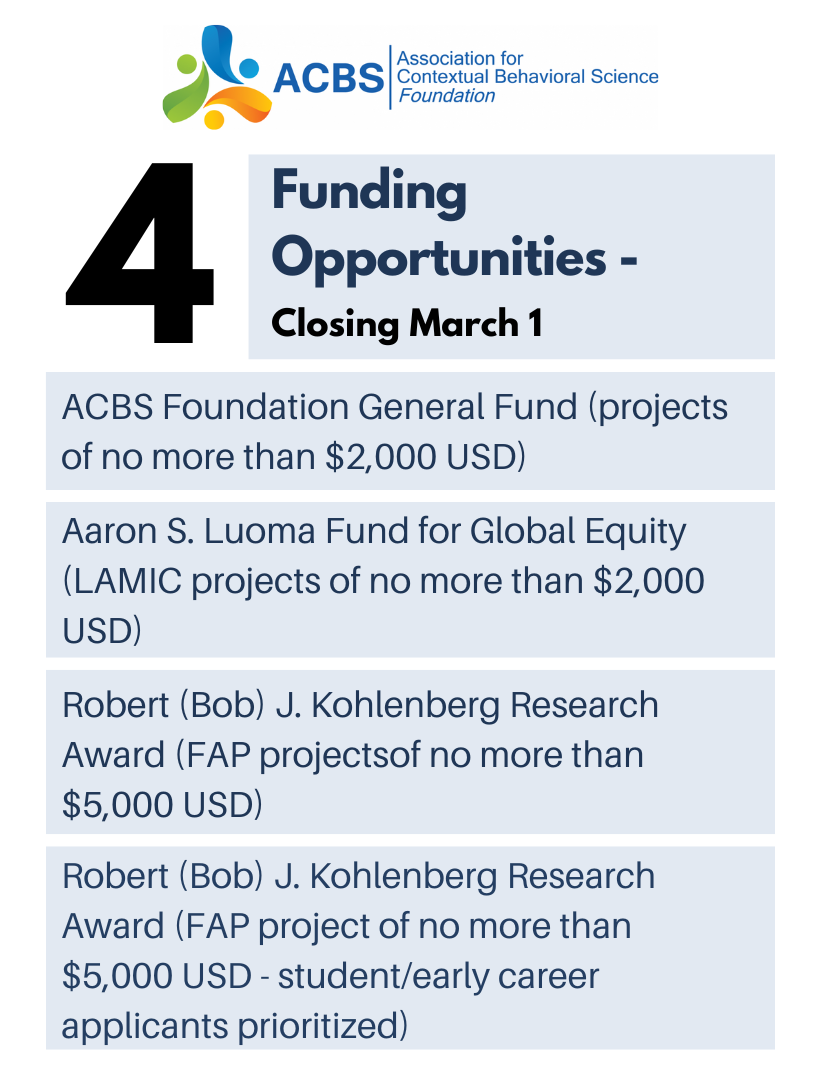
Value and Duration
- ACBS Foundation Grant will typically be awarded to projects of no more than $2,000 USD; however, larger projects will be considered based on their merits. Typical projects should be completed within 18 months of the award.
- ACBS Foundation Grant - LAMIC (Low, Lower Middle and Upper Middle Income Countries) is awarded to qualifying projects of no more than $2,000 USD annually. Please consider proposing projects that align with the goals and requirements of the Aaron S. Luoma fund for Global Equity.
- Robert J. Kohlenberg Research Award will be awarded to a project of no more than $5,000 USD. Typical projects should be completed within 18 months of the award.
Conditions of Award
Awardees will be required to report their findings to the ACBS Foundation in the form of a brief written report. The results will be made public by the ACBS Foundation and the awardees are requested (but not required) to submit their project for presentation consideration (oral or a poster) at an ACBS World Conference.
Eligibility
For all applications, the principal investigator must be a member of ACBS at the time of submission.
Details for the Robert J. Kohlenberg Research Award may be found on the Award page.
For the Aaron S. Luoma Fund for Global Equity, working and residency requirements can be found here.
Ethics
All projects must consider ethical issues. If the primary applicant is employed at a university, institution of higher and further education, registered charity, research institute, and this is a research study, they must obtain Institutional Review Board (IRB) approval. If the project is applied or training-based, and the primary applicant does not work one of the above listed institutions that has an IRB, the applicant must include a statement in the application about how the ethical approach of the project is being independently reviewed for compliance with ethical guidelines of a relevant professional organization (e.g., https://www.apa.org/ethics/code or similar). These formal requirements must be met before the funds can be released, and a formal statement of attestation to adherence to ethical principles is required.
Foundation Grant Topics
In particular, we are looking to support and fund projects that break new ground. These could include - but are not limited to - projects focusing on climate change, interventions in hitherto untested populations, novel applications or modalities of interventions, projects focused on dissemination, projects that address public policy, projects that measure outcomes of training, projects that examine interventions in naturally occurring groups (prosocial), projects that have the potential to improve diversity, equity, and inclusion and/or address institutional racism, projects involving developing nations, refugees or other disenfranchised or marginalized people, projects that address biological correlates of CBS-relevant targets (multi-level approaches), or interventions using technology that would have a wide reach to help people in their natural contexts.
Funding Program Aims
The aim of these awards is to provide financial support for innovative and original projects of high quality and potential. The choice of theme and the design of the project rests entirely with the Principal Applicant). The applications will be judged both on fit with the call, scientific quality, originality, and potential to maintain the implementation (for applied projects) or to clearly and compellingly demonstrate how the project will be subsequently implemented in the real-world and the planned steps that will be taken to ensure this (for research projects). Funding will only be allocated for costs directly related to the proposed project (e.g., programming costs, participant payment, etc.). The grants will not provide salary support for the Applicant, but may be used to support staff engaged on the project. Institutional Facilities & Administrative expenses (indirect expenses) will not be covered.
Proposals are favored which:
● demonstrate compelling scientific excellence in the design and project plan;
OR
● involve projects that may not be easily funded at present by an alternative source;
AND
● surmount traditional disciplinary boundaries;
involve projects which, if successful, are sustainable in the future and/or has the chance of obtaining additional funding in the future;
● include people early in their career;
● include diverse collaborators (if multiple investigators are included).
Grant Application Schedule
The 2025 grant call is open from January 15 – March 1.
Grant Award Announcements by June 1, 2026.
Grant Start Dates, by September 1, 2026.
How to Apply
1. Read Instructions and create application document
2. Submit application here between January 15, 2026 and March 1, 2026 17:00 GMT (10:30pm Delhi/ 5:00pm London/ 1:00pm New York).
- The same application will be used for all 3 grant types.
- Additional Grant Details (Grant Policy)
Foundation Annual Reports
Foundation Annual ReportsThe foundation is committed to transparency and openness. On this page, you can find all of our previous annual activities and the funds we provided to projects that break new ground.
2023 Annual Report - ACBS Foundation
2023 Annual Report - ACBS FoundationMESSAGE FROM THE PRESIDENT
On behalf of the board of the ACBS Foundation I want to sincerely thank you for the invaluable support that you continue to provide for our shared mission. Our members are at the core of what makes us great and why we have so much potential to make change in the future.
We provide funds to people and projects who would otherwise not have access to funding. Through this, we serve our worldwide community by funding social/community initiatives and CBS research projects related to the environment, improving diversity, equity, and inclusion, and addressing institutional racism in real life contexts. Our work is focused on ending global disparities. We’re proud to say that we’re already making an impact. Some of the steps we achieved over the last year include awarding: 2 Foundation Student Scholarships and 3 Grant Awards.
The ACBS Foundation Board wishes to expressly thank everyone who helped facilitate our work by making a donation, participating in our July fundraiser, or by peer reviewing all of the funding applications that we received. I would particularly like to thank the Foundation’s Grant and Awards committee for their help coordinating and overseeing this year’s peer review process (especially Drs. John Hoch, Michaela Schok, and Yukie Kurumiya).
We look forward to continuing the momentum this year and beyond in order to further support existing CBS activities and explore areas for future development.
Kind regards,
Nigel Vahey
Login to see the report below.
2022 Annual Report - ACBS Foundation
2022 Annual Report - ACBS FoundationDear ACBS members,
On behalf of the board of the ACBS Foundation I want to sincerely thank you for the invaluable support that you continue to provide for our shared mission. Our members are at the core of what makes us great and why we have so much potential to make change in the future.
We provide funds to people and projects who would otherwise not have access to funding. Through this, we serve our worldwide community by funding social/community initiatives and CBS research projects related to the environment, improving diversity, equity, and inclusion, and addressing institutional racism in real life contexts. Our work is focused on ending global disparities.
As I’m sure you recall, the ACBS Foundation was established thanks to the generous donation of two longtime members, Jason Luoma and Jenna LeJeune. This donation was used as the basis for the Aaron S. Luoma Fund for Global Equity, which funds any initiatives matching its mission via the annual Foundation Grant.
More recently, in December 2022, Mavis Tsai and Barbara Kohlenberg have very generously initiated a second grant award program called the Robert (Bob) J. Kohlenberg Research Award. This fund is specifically designed to support graduate student and early career research focused on advancing knowledge and expertise in Functional Analytic Psychotherapy or its dissemination to the general public via the Awareness, Courage & Love Global Project.
We’re proud to say that we’re already making an impact. Some of the steps we achieved over the last year include:
- Awarding two Foundation Student Scholarships to attend the ACBS Virtual World Conference. To read about the impact the Foundation scholarship had for the 2022 recipients, click here.
- Awarding the second ACBS Foundation grant to Wenqian ZHAO, PhD Candidate of The Chinese University of Hong Kong (Hong Kong SAR, China) and her supervisors (Prof. Wai Tong CHIEN and Prof. Yuen Yu CHONG) for Miss ZHAO’s PhD research on Effectiveness of online ACT-based program for breast cancer survivors on improving body image disturbance. To read more click here.
The ACBS Foundation board wish to expressly thank everyone who helped facilitate this work by making a donation or by peer reviewing all of the funding applications that we received. If you have not done so already, please consider volunteering to be a peer reviewer for our grant applications in 2023. To learn more about the ACBS Foundation, please click here.
We look forward to continuing the momentum this year and beyond in order to further support existing CBS activities and explore areas for future development.
Kind regards,
Nigel Vahey
Login to see the report below.
2021 Annual Report - ACBS Foundation
2021 Annual Report - ACBS FoundationDear ACBS members,
We want to thank you for supporting the ACBS Foundation in our early days. The ACBS Foundation was established thanks to the generous donation of two longtime members, Jason Luoma and Jenna LeJeune. Our members are at the core of what makes us great and why we have so much potential to make change in the future.
We provide funds to people and projects who would otherwise not have access to funding. Through this, we serve our worldwide community through initiatives for CBS projects related to the environment, improving diversity, equity, and inclusion, and addressing institutional racism in real life contexts. Our work is focused on ending global disparities.
We’re proud to say that we’re already making an impact. Some of the steps we achieved over the last year include:
- Offering two Foundation Student Scholarships to attend the ACBS Virtual World Conference. To read about the impact the Foundation scholarship Funding had for the 2021 recipients, click here.
- Working to expand the Foundation Development Committee and continue our work on a development plan including a pilot fundraising effort with CBS research labs.
- Awarding the first ACBS Foundation grant to Maria Hamdani, University of Akron (USA) and her colleagues (Dr. Vickie Coleman Gallagher, Dr. Grace H. C. Huang and Dr. Kelly Yu-Hsin Liao) for their research on Psychological Flexibility and Adaptive Job and Family Behaviors of Resettled Syrian and Ukrainian Refugees in USA. To read more click here.
Simultaneously, we were able to raise $11,743.68 USD. We wish to expressly thank everyone who helped facilitate this work by making a donation. You too can help. To learn more about the ACBS Foundation, please click here. We look forward to continuing the momentum this year and beyond in order to further support existing CBS activities and explore areas for future development.
Wishing you the best,
Andrew Gloster
Login to see the report below.
2024 Annual Report - ACBS Foundation
2024 Annual Report - ACBS FoundationMESSAGE FROM THE PRESIDENT
Dear ACBS members,
On behalf of the board of the ACBS Foundation I want to sincerely thank you for the invaluable support that you continue to provide for our shared mission. Our members are at the core of what makes us great and why we have so much potential to make change in the future.
We provide funds to people and projects who would otherwise not have access to funding. Through this, we serve our worldwide community by funding social/community initiatives and CBS research projects related to the environment, improving diversity, equity, and inclusion, and addressing institutional racism in real life contexts. Our work is focused on ending global disparities. This is exemplified by the diverse range of projects listed in the attached 2024 ACBS Foundation report.
As I’m sure you recall, the ACBS Foundation was established thanks to the generous donation of two longtime ACBS members, Jason Luoma and Jenna LeJeune. This donation was used as the basis for the Aaron S. Luoma Fund for Global Equity, which funds any initiatives matching its mission via the annual Foundation Grant.
More recently, Mavis Tsai and Barbara Kohlenberg very generously funded a second grant award program called the Robert (Bob) J. Kohlenberg Research Awards. It is designed to support research focused upon advancing knowledge and expertise in Functional Analytic Psychotherapy (FAP) or its dissemination to the general public via the Awareness, Courage & Love Global Project. This funding was originally established to provide dedicated support for early career/graduate researchers, and based upon a second major donation from Mavis Tsai it will soon provide support for established FAP researchers also.
We’re proud to say that we’re continuing to make an impact. Some of the steps we achieved over the last year include:
- Awarding two Foundation Student Scholarships to attend the ACBS World Conference. To read about the impact the Foundation scholarship had for the 2024 recipient - Paula Rodríguez.
- Please see the names of the 2024 awarded grants below.
The ACBS Foundation board wish to expressly thank everyone who helped facilitate this work by making a donation or by peer reviewing all of the funding applications that we received. If you have not done so already, please consider volunteering to be a peer reviewer for this year’s grant applications (with submission deadline March 1st). To learn more about the ACBS Foundation, please click here.
Lastly, I would like to sincerely thank the establishing members of the ACBS Foundation board who completed their service to the board over the past year or so: Prof. Kenneth Fung, Dr. Joann Wright, Dr. Jessica Borushok, and Dr. Andreas Larsson. You have each contributed richly to the long-term development of the ACBS Foundation.
We look forward to continuing the momentum this year and beyond in order to further support existing CBS activities and explore areas for future development.
Kind regards,
Nigel Vahey
2025 Annual Report - ACBS Foundation
2025 Annual Report - ACBS FoundationMESSAGE FROM THE PRESIDENT
Dear ACBS members,
On behalf of the board of the ACBS Foundation I want to sincerely thank you for the invaluable support that you continue to provide for our shared mission. Our members are at the core of what makes us great and why we have so much potential to make change in the future.
We specialize in providing funding to people and projects that focus upon the application of Contextual Behavioral Science (CBS) principles in disadvantaged community settings that typically lack any such funding. In particular, we serve our worldwide community by funding social/community initiatives and CBS research projects related to the environment, improving diversity, equity, and inclusion, and addressing institutional racism in real life contexts. Our work is focused on ending global disparities. This is exemplified by the diverse range of projects listed in the attached 2025 ACBS Foundation report.
Some of the steps we achieved over the last year include:
- Awarding two Foundation Student Scholarships to attend the ACBS World Conference. To read about the impact the Foundation scholarship had for the 2025 recipient - Andrés Beltrán and Amanda McGovern please click here.
- Please see the names of the 2025 awarded grants below.
For those interested in learning more about the ACBS Foundation’s work please click here. The ACBS Foundation board wish to expressly thank everyone who helped facilitate this work whether by making a donation, or by peer reviewing the funding applications that we received. If you have not done so already, please consider volunteering to be a peer reviewer for this year’s grant applications (with submission deadline March 1st). All peer reviewers will be provided with support from our Grants & Awards committee particularly if you are new to the task of peer reviewing.
Lastly, I would like to sincerely thank the following two important members of the ACBS Foundation board who recently completed multiple years of service to the board: Pam Katz who served first as Secretary and then latterly as Vice-President; and also Dr. Vasilis S Vasiliou who served as member-at-large followed by board Secretary. You have both contributed richly to the long-term development of the ACBS Foundation. Based upon the contributions that you and other past members of the ACBS Foundation board have made I am confident that our mission will continue to grow in exciting ways during 2026 and beyond.
Kind regards,
Nigel Vahey
2020 Annual Report - ACBS Foundation
2020 Annual Report - ACBS FoundationDear ACBS members,
2020 was a challenging year for everyone but we hope that you have arrived safely in 2021. During this turbulent year it was an honor and a privilege to get to work toward our common, values-driven goals to support CBS and the lives it touches.
We, the ACBS Foundation Board, worked to further establish the ACBS Foundation so that we can better serve the ACBS community.
Some of the steps we took to achieve this included:
- Offering two Foundation Student Scholarships to attend the World Conference
- Working with a consultant to develop efficient polices and a development plan
- Launching the first ACBS Foundation grant (application deadline March 1, 2021)
Simultaneously, we were able to raise $6,657.03 USD. We wish to expressly thank everyone who donated this year. Their names are included in this 2020 Annual Report.
We look forward to continuing the momentum this year in order to further support existing activities within ACBS and explore areas for future development.
Wishing you the best,
Andrew Gloster
ACBS Foundation Board President
Login to see the report below.
Meet us (the people behind the Foundation)
Meet us (the people behind the Foundation)ACBS Foundation Board
According to our Foundation By-laws the Association of Contextual and Behavioral Sciences (ACBS) board is entitled to fill a majority of board positions and the Board of Directors of the Corporation shall fill the other positions. The Directors shall hold office until their successors have been duly appointed and qualified. Each director shall hold office until the expiration of the term for which he was appointed, and until his successor has been duly elected and qualified, or until his prior resignation or removal as hereinafter provided (see the bylaws here for more detail).
The ACBS Foundation board works without pay and consists of:
Clarissa Ong, Ph.D. (Treasurer)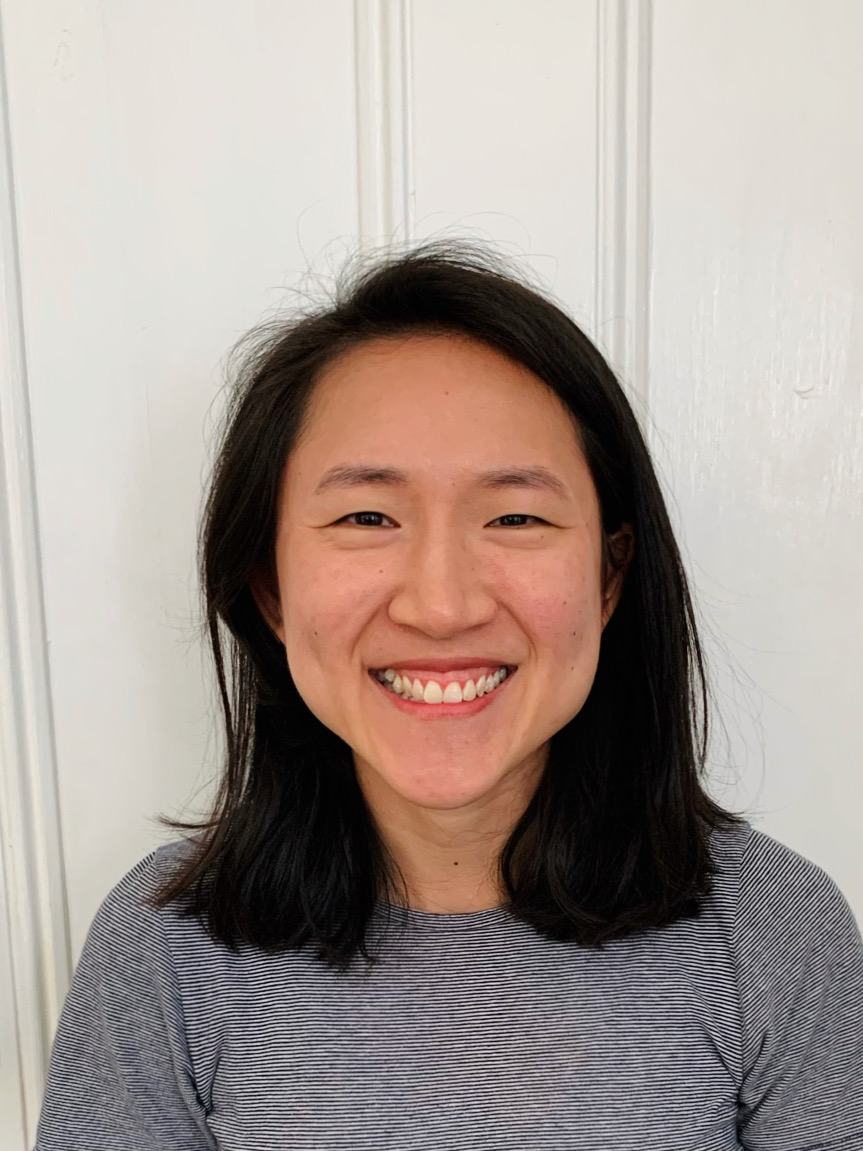
Clarissa Ong (she/her) is an Assistant Professor and the Psychology Clinic Director at the University of Toledo. She completed her Ph.D. in Clinical/Counseling Psychology at Utah State University. Her research focuses on developing, evaluating, and disseminating effective and culturally responsive interventions guided by behavioral and process-based principles. She has co-written two books: a transdiagnostic ACT manual, ACT in Steps, and a self-help book for perfectionism, The Anxious Perfectionist. She is an Associate Editor for the Journal of Contextual Behavioral Science.
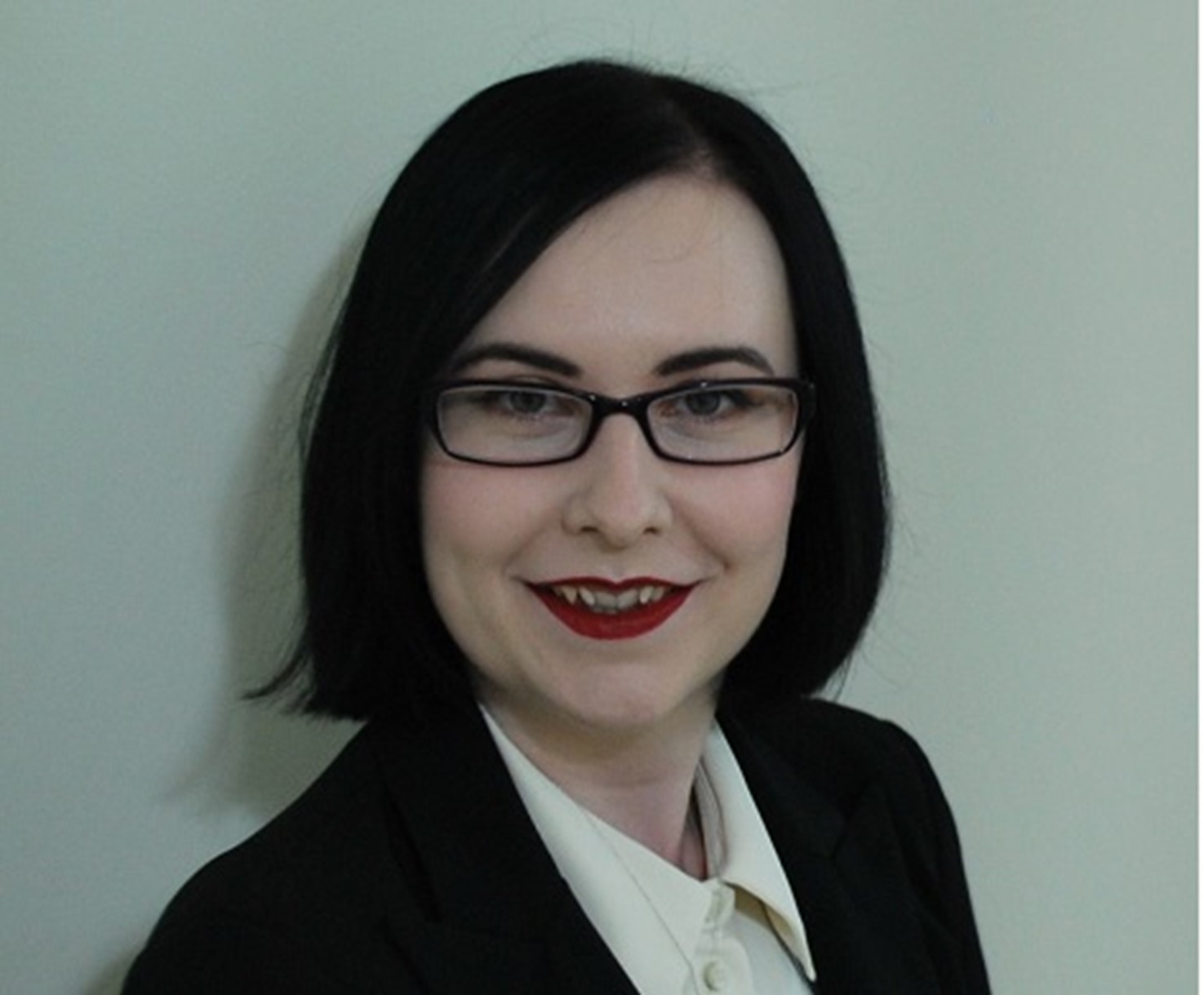
Dr. Lynn Farrell completed her PhD as an Irish Research Council postgraduate scholar at University College Dublin where she explored the nature and malleability of implicit bias towards women in Science, Technology, Engineering and Maths (STEM) through the lens of Relational Frame Theory (RFT) as part of the UCD Contextual Behavioural Science lab. Lynn received the ACBS Student Spotlight award for her work on gender bias and previously served as a student representative on the Women in ACBS SIG during its establishment. After completing her doctoral research, she took up a Research Fellow position at Queen's University Belfast (QUB) where she continued to empirically explore how to improve gender equality efforts in STEM as part of the EPSRC funded Inclusion Matters project and was awarded the QUB Engineering and Physical Sciences Faculty Postdoctoral Outstanding Engagement award. Lynn is currently an Assistant Professor in Psychology and Programme Director of the part-time Psychology programme at National College of Ireland. She is also Director of EDI for the UK & Republic of Ireland ACBS Chapter. Her research interests and publications to date have focused mainly on understanding and influencing stereo types and bias particularly related to gender, improving gender equality initiatives and applying RFT to address social issues.
Georgina Cox, Psy.D. (Member at Large)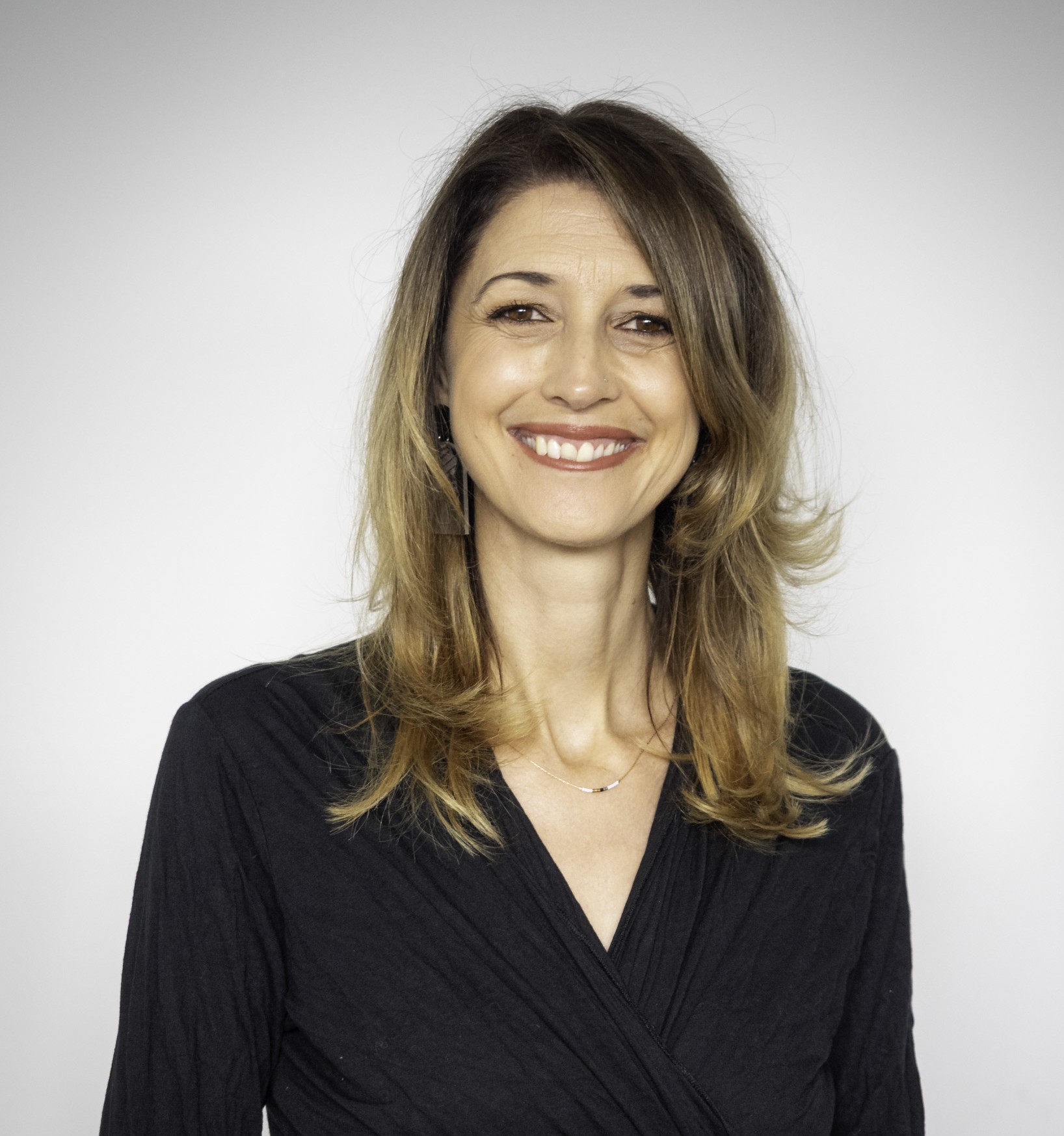
Dr Georgina Cox (she/her) is a Senior Clinical Psychologist at the Royal Children’s Hospital (RCH) in Melbourne. Georgie works within the Departments of Psychology and Neurodevelopment and Disability, where she supports the psychological wellbeing of children, young people and their families, on their journey with a chronic illness or disability or following an injury. She also leads the Parent Wellbeing Clinic, where she provides both individual and group based support to parents of hospital patients, grounded in Acceptance and Commitment Therapy. She also especially enjoys the opportunity to support the emotional wellbeing of medical teams, and demonstrate the value of psychology within the multidisciplinary approach. Georgie teaches into postgraduate psychology courses and enjoys presenting at national and international conferences on the use of ACT with a variety of populations. She is a board approved supervisor, regularly supervising postgraduate students, psychologists completing their registrar programs, as well as staff members in various teams across RCH and in private practice. Georgie is currently a Member at Large for the Association for Contextual Behavioual Science Australia and New Zealand Chapter (ANZACBS), where she contributes to a number of activities for the chapter, including being a member of the 2024 and 2025 conference committees, as well as leading the chapter webinar series. Georgie has experience in private practice, as well as historically holding a number of research roles.
John Hoch, Ph.D. (Member at Large) 
Dr. Hoch is a Licensed Psychologist (LP). John graduated from the University of Minnesota with a Doctorate in Educational Psychology in 2007. He then completed a postdoctoral research fellowship at the Center for Neurobehavioral Development at the University of Minnesota. He worked as research director at Behavioral Dimensions from 2006 until 2015, when he returned to the University of Minnesota to work towards psychology licensure. He completed his internship and post-doctoral training at Fraser Child and Family Center where he continued to provide clinical care and conduct data analyses and research and until 2023. At Fraser, he provided functional behavior assessments, individual, family, and group therapy, and psychological assessment services. Dr. Hoch re-joined Behavioral Dimensions in January of 2023 to develop the Assessment and Research programs. He completes evaluations and assessments for children and adolescents with concerns about Autism Spectrum Disorders (ASD) and other neurodevelopmental disorders. He specializes in understanding the overlaps between ASD and other clinical disorders such as potentially traumatic event exposures, anxiety, and neurodevelopmental disorders such as ADHD or developmental delays. He brings his experience with evidence-based therapy, behavior analysis, and research knowledge to psychological assessments. Going beyond diagnostic labels, he hopes to capture each family’s strengths, values, and stories in the assessment process to recommend the most effective treatments. Dr. Hoch also continues to provide data analytics and research consulting services through Behavioral Dimensions.
Margot Osorio (Member at Large)
Margot Osorio is a Clinical and Health Psychologist at Hospital San José in Peru, where she provides clinical services and contributes to continuous quality improvement initiatives within the public healthcare system. She is the first Peruvian psychologist recognized as a Peer-Reviewed ACT Trainer by the Association for Contextual Behavioral Science (ACBS) and serves as an International Trainer for Prosocial World. She is an International Member of the American Psychological Association (APA) and a member of the ACBS Developed Nations Committee and the ACBS Training Committee. She is the Founder and Director of Big & Bright, an institute dedicated to evidence-based training in Acceptance and Commitment Therapy (ACT), Prosociality, and psychological flexibility for health professionals and organizations across Latin America. With over 15 years of clinical experience, she specializes in the assessment and treatment of emotional and behavioral difficulties, as well as in the promotion of wellbeing, resilience, and values-based leadership. She holds a Master’s degree in Public Health and Global Health and is currently pursuing doctoral studies in Psychology, with research focused on prosocial systems and psychological flexibility in healthcare contexts. She is also a national facilitator for the Peruvian Ministry of Health and a Trainer of Trainers in the WISE Specialized Curriculum. Her work focuses on strengthening cooperation, psychological flexibility, self-care, burnout prevention, empowerment, and prosocial leadership among healthcare professionals and community groups.
Foundation Bylaws
Foundation Bylaws

Article I - Offices
Section 1. Principal Office
The principal office of the corporation shall be located in the City of Reno, County of Washoe, State of Nevada, or at such other location as the Board of Directors may from time to time determine. Other offices and places of business may be established by resolution of the Board of Directors.
Article II - Nonprofit Purposes
Section 1. IRC Section 501(c)(3) Purposes
This corporation is organized exclusively for one or more of the purposes as specified in Section 501(c)(3) of the Internal Revenue Code, including, for such purposes, the making of distributions to organizations that qualify as exempt organizations under Section 501 (c)(3) of the Internal Revenue Code.
Section 2. Specific Objectives and Purposes
The specific objective of this corporation is dedicated to the alleviation of human suffering and the advancement of human well-being through research and practice grounded in contextual behavioral science.
The specific purpose is to support research and applications of contextual behavioral science. Activities may include, but are not limited to, assisting in research, education, training, and applied uses. This assistance may be in the form of, but not limited to, scholarships, grants, donations, or Foundation managed programs.
Article Ill - Directors
Section 1. Number
The Corporation shall be managed by a Board of Directors. Each director shall be at least 18 years of age. The Board of Directors shall consist of not less than three (3) members. Subject to the foregoing, the number of Board of Directors may be fixed from time to time by action of the Directors. The number of Directors may be increased or decreased by action of the members or the Board of Directors, provided that any action by the Board of Directors to affect such increase or decrease shall require the vote of a majority of the entire Board of Directors. No decrease shall shorten the term of any director then in office.
Section 2. Selection and Removal
The Association of Contextual and Behavioral Sciences (ACBS) board is entitled to fill a majority of board positions and the Board of Directors of the Corporation shall fill the other positions. Both ACBS and the Corporation shall be entitled to veto any board member, in its sole discretion, at the time of the appointment.
The Directors shall hold office until their successors have been duly appointed and qualified. Each director shall hold office ·until the expiration of the term for which he was appointed, and until his successor has been duly elected and qualified, or until his prior resignation or removal as hereinafter provided.
(a) The Board of Directors may remove any director by a vote of a majority of the Board.
(b) A director may resign at any time by giving written notice to the Board of Directors or to an officer of the Corporation. Unless otherwise specified in the notice, the resignation shall take effect upon receipt thereof by the Board of Directors or such officer. Acceptance of such resignation shall not be necessary to make it effective.
Section 3. Powers
Subject to the provisions of the laws of this state and any limitations in the Articles of Incorporation and these Bylaws relating to action required or permitted to be taken or approved by the members, if any, of this corporation, the activities and affairs of this corporation shall be conducted, and all corporate powers shall be exercised by or under the direction of the Board of Directors.
Section 4. Duties
It shall be the duty of the directors to:
a. Perform any and all duties imposed on them collectively or individually by law, by the Articles of Incorporation, or by these Bylaws;
b. Appoint and remove, employ and discharge, and, except as otherwise provided in these Bylaws, prescribe the duties and fix the compensation, if any, of all officers, agents and employees of the corporation;
c. Supervise all officers, agents and employees of the corporation to assure that their duties are performed properly;
d. Meet at such times and places as required by these Bylaws;
e. Register their addresses with the Secretary of the corporation, and notices of meetings mailed, faxed, emailed or telegraphed to them at such addresses shall be valid notices thereof.
Section 5. Term of Office
Each Director shall hold office for a period of 3 year(s) and until his or her successor is appointed and qualifies. The Directors shall be entitled to serve up to three (_3_) successive terms after which time they will be required to rotate off the board for at least one year.
Section 6. Compensation
Directors shall serve without compensation except that a reasonable fee may be paid to directors for attending regular and special meetings of the board. In addition, they shall be allowed reasonable advancement or reimbursement of expenses incurred in the performance of their duties.
Section 7. Place Of Meetings
Meetings shall be held at the principal office of the corporation unless otherwise provided by the board or at such other place or as an online conference meeting as may be designated from time to time by resolution of the Board of Directors.
Section 8. Regular Meetings
Regular meetings of the Board of Directors shall be held at any place within or out of the state which has been designated from time to time by resolution of the Board or by written consent of all members of the Board. In the absence of such designation, regular meetings shall be held at the registered office of the corporation.
Section 9. Special Meetings
Special meetings of the Board of Directors may be called by the Chairperson of the Board, the President, the Vice President, the Secretary, by any two directors, or, if different, by the persons specifically authorized under the laws of this state to call special meetings of the board. Such meetings shall be held at the principal office of the corporation or, if different, at the place or by online conference meeting designated by the person or persons calling the special meeting.
Section 10. Notice of Meetings
Unless otherwise provided by the Articles of Incorporation, these Bylaws, or provisions of law, the following provisions shall govern the giving of notice for meetings of the Board of Directors:
a. Regular Meetings. No notice need be given of any regular meeting of the board of directors.
b. Special Meetings. At least ten (10) days prior notice shall be given by the Secretary of the corporation to each Director of each special meeting of the board. Such notice may be oral or written, may be given personally, by first class mail, email (using read receipt to document that the email has been received), or telephone, and shall state the place, date and time of the meeting and the matters proposed to be acted upon at the meeting. In the case of email notification, the director to be contacted shall acknowledge personal receipt of the email notice by a return message or telephone call within twenty-four hours of the first transmission.
c. Waiver of Notice. Whenever any notice of a meeting is required to be given to any Director of this corporation under provisions of the Articles of Incorporation, these Bylaws or the law of this state, a waiver of notice in writing signed by the director, whether before or after the time of the meeting, shall be equivalent to the giving of such notice.
Section 11. Quorum for Meetings
A quorum shall consist of a majority of the members of the Board of Directors. Except as otherwise provided under the Articles of Incorporation, these Bylaws or provisions of law, no business shall be considered by the board at any meeting at which the required quorum is not present, and the only motion which the Chair shall entertain at such meeting is a motion to adjourn.
Section 12. Majority Action As Board Action
Every act or decision done or made by a majority of the Director's present at a meeting duly held at which a quorum is present is the act of the Board of Directors, unless the Articles of Incorporation, these Bylaws or provisions of law require a greater percentage or different voting rules for approval of a matter by the board.
Section 13. Conduct of Meetings
Meetings of the Board of Directors shall be presided over by the Chairperson of the Board, or, if no such person has been so designated or, in his or her absence, the President of the corporation or, in his or her absence, by the Vice President of the corporation or, in the absence of each of these persons, by a Chairperson chosen by a majority of the directors present at the meeting. The Secretary of the corporation shall act as secretary of all meetings of the board, provided that, in his or her absence, the presiding officer shall appoint another person to act as Secretary of the Meeting.
Meetings shall be governed by Roberts Rules of Order, insofar as such rules are not inconsistent with or in conflict with the Articles of Incorporation, these Bylaws or with provisions of law.
Any board meeting may be held by conference telephone, video screen communication, or other communications equipment. Participation in a meeting under this section shall constitute presence in person at the meeting if all of the following apply:
(a) Each board member participating in the meeting can communicate concurrently with all other members.
(b) Each board member is provided the means of participating in all matters before the board, including the capacity to propose, or to interpose an objection to, a specific action to be taken by the corporation.
(c) The chair is satisfied that both of the following facts are true:
(1) A person communicating by telephone, video screen, or other communications equipment is a director entitled to participate in the board meeting.
(2) All statements, questions, actions, or votes were made by that director and not by another person not permitted to participate as a director.
Section 14. Vacancies
Vacancies on the Board of Directors shall exist (1) on the death, resignation or removal of any director, and (2) whenever the number of authorized directors is increased.
Any director may resign effective upon giving written notice to the Chairperson of the Board, the President, the Secretary of the Board of Directors, unless the notice specifies a later time for the effectiveness of such resignation. No director may resign if the corporation would then be left without a duly elected director or directors in charge of its affairs, except upon notice to the Office of the Attorney General or other appropriate agency of this state.
Directors may be removed from office, with or without cause, as permitted by and in accordance with these Bylaws of the laws of this state.
Unless otherwise prohibited by the Articles of Incorporation, these Bylaws or provisions of law, vacancies on the board may be filled as outlined herein. A person elected to fill a vacancy on the board shall hold office until the next election of the Board of Directors or until his or her death, resignation or removal from office.
Section 15. Nonliability of Directors
The directors shall not be personally liable for the debts, liabilities or other obligations of the corporation.
Section 16. Indemnification by Corporation of Directors and Officers
The directors and officers of the corporation shall be indemnified by the corporation to the fullest extent permissible under the laws of this state.
Section 17. Insurance For Corporate Agents
Except as may be otherwise provided under provisions of law, the Board of Directors may adopt a resolution authorizing the purchase and maintenance of insurance on behalf of any agent of the corporation (including a director, officer, employee or other agent of the corporation) against liabilities asserted against or incurred by the agent in such capacity or arising out of the agent's status as such, whether or not the corporation would have the power to indemnify the agent against such liability under the Articles of Incorporation, these Bylaws or provisions of law.
Article IV - Officers
Section 1. Designation Of Officers
The officers of the corporation shall be a President, a Vice President, a Secretary, and a Treasurer. The corporation may also have such other officers with such titles as may be determined from time to time by the Board of Directors.
Section 2. Qualifications
Any person at the age of majority (18 years old) may serve as officer of this corporation.
Section 3. Appointment of Officers and Term of Office
The officers will be elected by the board of directors. The officers shall hold the positions for a term of _three__ (_3_) year(s), or until such time their replacement is elected.
Section 4. Removal and Resignation
Any officer may be removed, either with or without cause, by the Board of Directors, at any time. Any officer may resign at any time by giving written notice to the Board of Directors or to the President or Secretary of the corporation. Any such resignation shall take effect at the date of receipt of such notice or at any later date specified therein, and, unless otherwise specified therein, the acceptance of such resignation shall not be necessary to make it effective.
Section 5. Vacancies
Any vacancy caused by the death, resignation, removal, disqualification or otherwise, of any officer shall be filled by either the Board of Directors as stipulated above. In the event of a vacancy in any office other than that of President, such vacancy may be filled temporarily by appointment by the President until such time as the vacancy is filled. Vacancies occurring in offices of officers appointed at the discretion of the board may or may not be filled as the board shall determine.
Section 6. Duties of President
The President shall be the chief executive officer of the corporation and shall, subject to the control of the Board of Directors, supervise and control the affairs of the corporation and the activities of the officers. He or she shall perform all duties incident to his or her office and such other duties as may be required by law, by the Articles of Incorporation or by these Bylaws or which may be prescribed from time to time by the Board of Directors. Unless another person is specifically appointed as Chairperson of the Board of Directors, the President shall preside at all meetings of the Board of Directors. Except as otherwise expressly provided by law, by the Articles of Incorporation or by these Bylaws, he or she shall, in the name of the corporation, execute such deeds, mortgages, bonds, contracts, checks or other instruments which may from time to time be authorized by the Board of Directors.
Section 7. Duties of Vice President
In the absence of the President, or in the event of his or her inability or refusal to act, the Vice President shall perform all the duties of the President, and when so acting shall have all the powers of, and be subject to all the restrictions on, the President. The Vice President shall have other powers and perform such other duties as may be prescribed by law, by the Articles of Incorporation or by these Bylaws or as may be prescribed by the Board of Directors.
Section 8. Duties of Secretary
The Secretary shall:
Certify and keep at the principal office of the corporation the original, or a copy, of these Bylaws as amended or otherwise altered to date.
Keep at the principal office of the corporation or at such other place as the board may determine, a book of minutes of all meetings of the directors, and, if applicable, meetings of committees of directors, recording therein the time and place of holding, whether regular or special, how called, how notice thereof was given, the names of those present or represented at the meeting and the proceedings thereof.
See that all notices are duly given in accordance with the provisions of these Bylaws or as required by law.
Be custodian of the records and of the seal of the corporation and affix the seal, as authorized by law or the provisions of these Bylaws, to duly executed documents of the corporation.
Exhibit at all reasonable times to any director of the corporation, or to his or her agent or attorney, on request therefore, the Bylaws, and the minutes of the proceedings of the directors of the corporation.
In general, perform all duties incident to the office of Secretary and such other duties as may be required by law, by the Articles of Incorporation or by these Bylaws or which may be assigned to him or her from time to time by the Board of Directors.
Section 9. Duties Of Treasurer
The Treasurer shall:
Have charge and custody of, and be responsible for, all funds and securities of the corporation, and deposit all such funds in the name of the corporation in such banks, trust companies or other depositories as shall be selected by the Board of Directors.
Coordinate and approve the receipt for, monies due and payable to the corporation from any source whatsoever.
Coordinate and approve, disburse, or cause to be disbursed, the funds of the corporation as may be directed by the Board of Directors, taking proper vouchers for such disbursements.
Coordinate and approve adequate and correct accounts of the corporation's properties and business transactions, including accounts of its assets, liabilities, receipts, disbursements, gains and losses.
Exhibit at all reasonable times the books of account and financial records to any director of the corporation, or to his or her agent or attorney, on request therefore.
Render to the President and directors, whenever requested, an account of any or all of his or her transactions as Treasurer and of the financial condition of the corporation.
Prepare, or cause to be prepared, and certify, or cause to be certified, the financial statements to be included in any required reports.
In general, perform all duties incident to the office of Treasurer and such other duties as may be required by law, by the Articles of Incorporation of the corporation or by these Bylaws or which may be assigned to him or her from time to time by the Board of Directors.
Section 10. Compensation
The salaries of the officers, if any, shall be fixed from time to time by resolution of the Board of Directors. In all cases, any salaries received by officers of this corporation shall be reasonable and given in return for services actually rendered to or for the corporation.
Article V - Committees
Section 1. Executive Committee
The Board of Directors may, by a majority vote of its members, designate an Executive Committee consisting of 3 board members and may delegate to such committee the powers and authority of the board in the management of the business and affairs of the corporation, to the extent permitted, and except as may otherwise be provided, by provisions of law.
By a majority vote of its members, the board may at any time revoke or modify any or all of the Executive Committee authority so delegated, increase or decrease but not below two (2) the number of the members of the Executive Committee and fill vacancies on the Executive Committee from the members of the board. The Executive Committee shall keep regular minutes of its proceedings, cause them to be filed with the corporate records and report the same to the board from time to time as the board may require.
Section 2. Other Committees
The corporation shall have such other committees as may from time to time be designated by resolution of the Board of Directors. These committees may consist of persons who are not also members of the board and shall act in an advisory capacity to the board.
Section 3. Meetings and Action of Committees
Meetings and action of committees shall be governed by, noticed, held and taken in accordance with the provisions of these Bylaws concerning meetings of the Board of Directors, with such changes in the context of such Bylaw provisions as are necessary to substitute the committee and its members for the Board of Directors and its members, except that the time for regular and special meetings of committees may be fixed by resolution of the Board of Directors or by the committee. The Board of Directors may also adopt rules and regulations pertaining to the conduct of meetings of committees to the extent that such rules and regulations are not inconsistent with the provisions of these Bylaws.
Article VI - Execution of Instruments, Deposits and Funds
Section 1. Execution of Instruments
The Board of Directors, except as otherwise provided in these Bylaws, may by resolution authorize any officer or agent of the corporation to enter into any contract or execute and deliver any instrument in the name of and on behalf of the corporation, and such authority may be general or confined to specific instances. Unless so authorized, no officer, agent or employee shall have any power or authority to bind the corporation by any contract or engagement or to pledge its credit or to render it liable monetarily for any purpose or in any amount.
Section 2. Checks and Notes
Except as otherwise specifically determined by resolution of the Board of Directors, or as otherwise required by law, checks, drafts, promissory notes, orders for the payment of money and other evidence of indebtedness of the corporation shall be approved by the Treasurer and by the President of the corporation.
Section 3. Deposits
All funds of the corporation shall be deposited from time to time to the credit of the corporation in such banks, trust companies or other depositories as the Board of Directors may select.
Section 4. Gifts
The Board of Directors may accept on behalf of the corporation any contribution, gift, bequest or devise for the nonprofit purposes of this corporation.
Article VII - Corporate Records, Reports and Seal
Section 1. Maintenance of Corporate Records
The corporation shall keep at its principal office:
a. Minutes of all meetings of directors, committees of the board and, if this corporation has members, of all meetings of members, indicating the time and place of holding such meetings, whether regular or special, how called, the notice given and the names of those present and the proceedings thereof;
b. Adequate and correct books and records of account, including accounts of its properties and business transactions and accounts of its assets, liabilities, receipts, disbursements, gains and losses;
c. A copy of the corporation's Articles of Incorporation and Bylaws as amended to date.
Section 2. Corporate Seal
The Board of Directors may adopt, use and at will alter, a corporate seal. Such seal shall be kept at the principal office of the corporation. Failure to affix the seal to corporate instruments, however, shall not affect the validity of any such instrument.
Section 3. Directors' Inspection Rights
Every director shall have the absolute right at any reasonable time to inspect and copy all books, records and documents of every kind and to inspect the physical properties of the corporation and shall have such other rights to inspect the books, records and properties of this corporation as may be required under the Articles of Incorporation, other provisions of these Bylaws and provisions of law.
Section 4. Right To Copy And Make Extracts
Any inspection under the provisions of this Article may be made in person or by agent or attorney and the right to inspection shall include the right to copy and make extracts.
Section 5. Periodic Report
The board shall cause any annual or periodic report required under law to be prepared and delivered to an office of this state or country of this corporation, to be so prepared and delivered within the time limits set by law.
Article VIII - IRC 501(c)(3) Tax Exemption Provisions
Section 1. Limitations on Activities
No substantial part of the activities of this corporation shall be the carrying on of propaganda, or otherwise attempting to influence legislation (except as otherwise provided by Section 501 (h) of the Internal Revenue Code), and this corporation shall not participate in, or intervene in (including the publishing or distribution of statements), any political campaign on behalf of, or in opposition to, any candidate for public office.
Notwithstanding any other provisions of these Bylaws, this corporation shall not carry on any activities not permitted to be carried on (a) by a corporation exempt from federal income tax under Section 501(c)(3) of the Internal Revenue Code, or (b) by a corporation, contributions to which are deductible under Section 170(c)(2) of the Internal Revenue Code.
Section 2. Prohibition Against Private Inurement
No part of the net earnings of this corporation shall inure to the benefit of, or be distributable to, its directors, officers or other private persons, except that the corporation shall be authorized and empowered to pay reasonable compensation for services rendered and to make payments and distributions in furtherance of the purposes of this corporation.
Section 3. Distribution of Assets
Upon the dissolution of this corporation, its assets remaining after payment, or provision for payment, of all debts and liabilities of this corporation shall be distributed for one or more exempt purposes within the meaning of Section 501(c)(3) of the Internal Revenue Code or shall be distributed to the federal government, or to a state or local government, for a public purpose. Such distribution shall be made in accordance with all applicable provisions of the laws of this state.
Section 4. Private Foundation Requirements and Restrictions
In any taxable year in which this corporation is a private foundation as described in Section 509(a) of the Internal Revenue Code, the corporation 1) shall distribute its income for said period at such time and manner as not to subject it to tax under Section 4942 of the Internal Revenue Code; 2) shall not engage in any act of self-dealing as defined in Section 4941(d) of the Internal Revenue Code; 3) shall not retain any excess business holdings as defined in Section 4943(c) of the Internal Revenue Code; 4) shall not make any investments in such manner as to subject the corporation to tax under Section 4944 of the Internal Revenue Code; and 5) shall not make any taxable expenditures as defined in Section 4945(d) of the Internal Revenue Code.
Article IX - Amendment of Bylaws
Section 1. Amendment
This corporation may adopt, amend or repeal the Bylaws of this corporation and except as may otherwise be specified under provisions of law, these Bylaws, or any of them, may be altered, amended or repealed and new Bylaws adopted by approval of the Board of Directors. No such amendments shall be effective until they are also approved by the ACBS Board of Directors.
Article X - Construction and Terms
If there is any conflict between the provisions of these Bylaws and the Articles of Incorporation of this corporation, the provisions of the Articles of Incorporation shall govern.
Should any of the provisions or portions of these Bylaws be held unenforceable or invalid for any reason, the remaining provisions and portions of these Bylaws shall be unaffected by such holding.
All references in these Bylaws to the Articles of Incorporation shall be to the Articles of Incorporation, Articles of Organization, Certificate of Incorporation, Organizational Charter, Corporate Charter or other founding document of this corporation filed with an office of this state and used to establish the legal existence of this corporation.
All references in these Bylaws to a section or sections of the Internal Revenue Code shall be to such sections of the Internal Revenue Code of 1986 as amended from time to time, or to corresponding provisions of any future federal tax code.
Approved by the ACBS Board, Oct. 6, 2019.

